
US tariffs pushed French cosmetics exports into rare 2025 decline
French beauty exports stall as global competition intensifies...
News & Analysis on Cosmetics Innovation

French beauty exports stall as global competition intensifies...
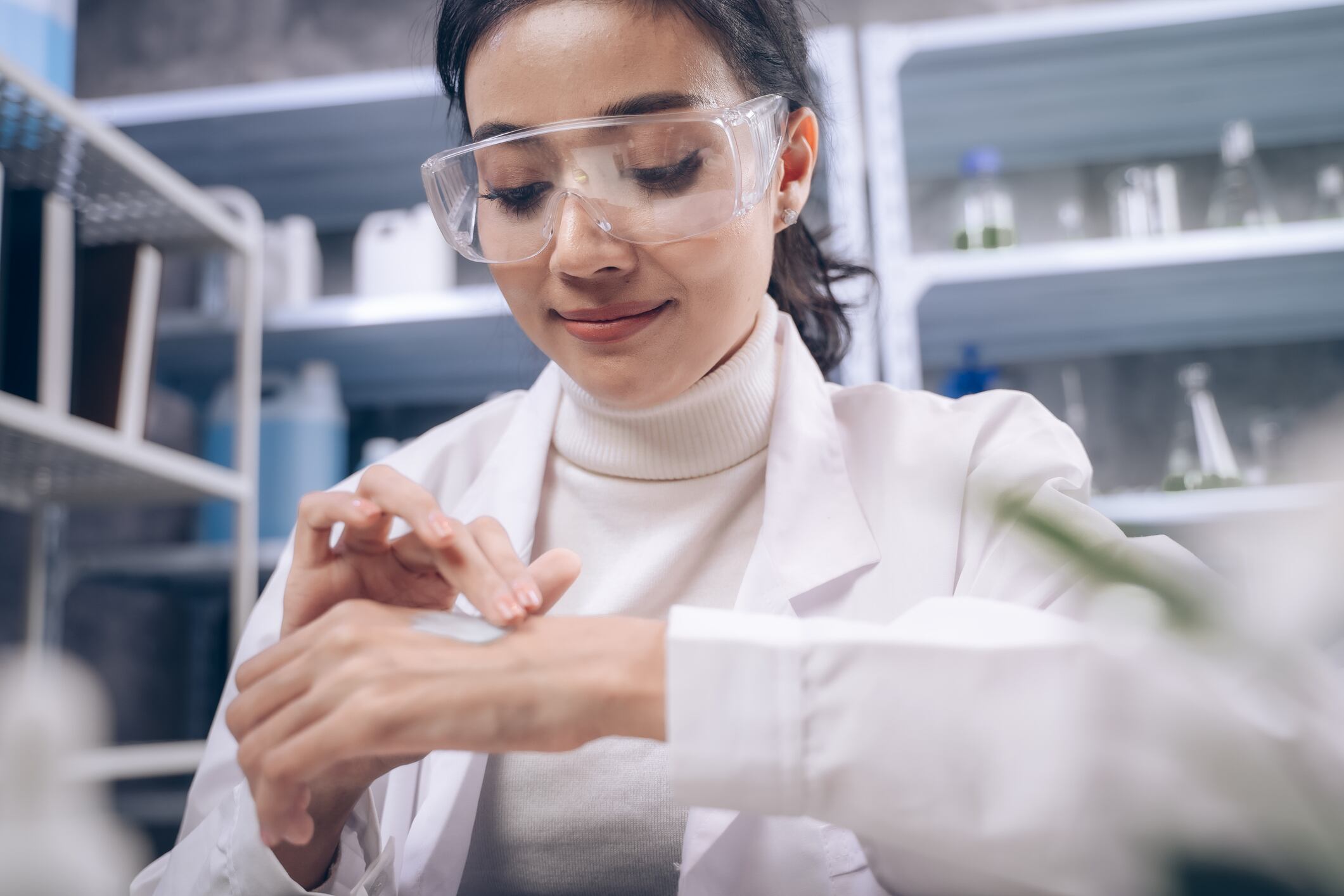
The CTPA’s director-general shares more on the trade body’s 2026 priorities for UK cosmetics regulation, sustainability and more key industries topics...
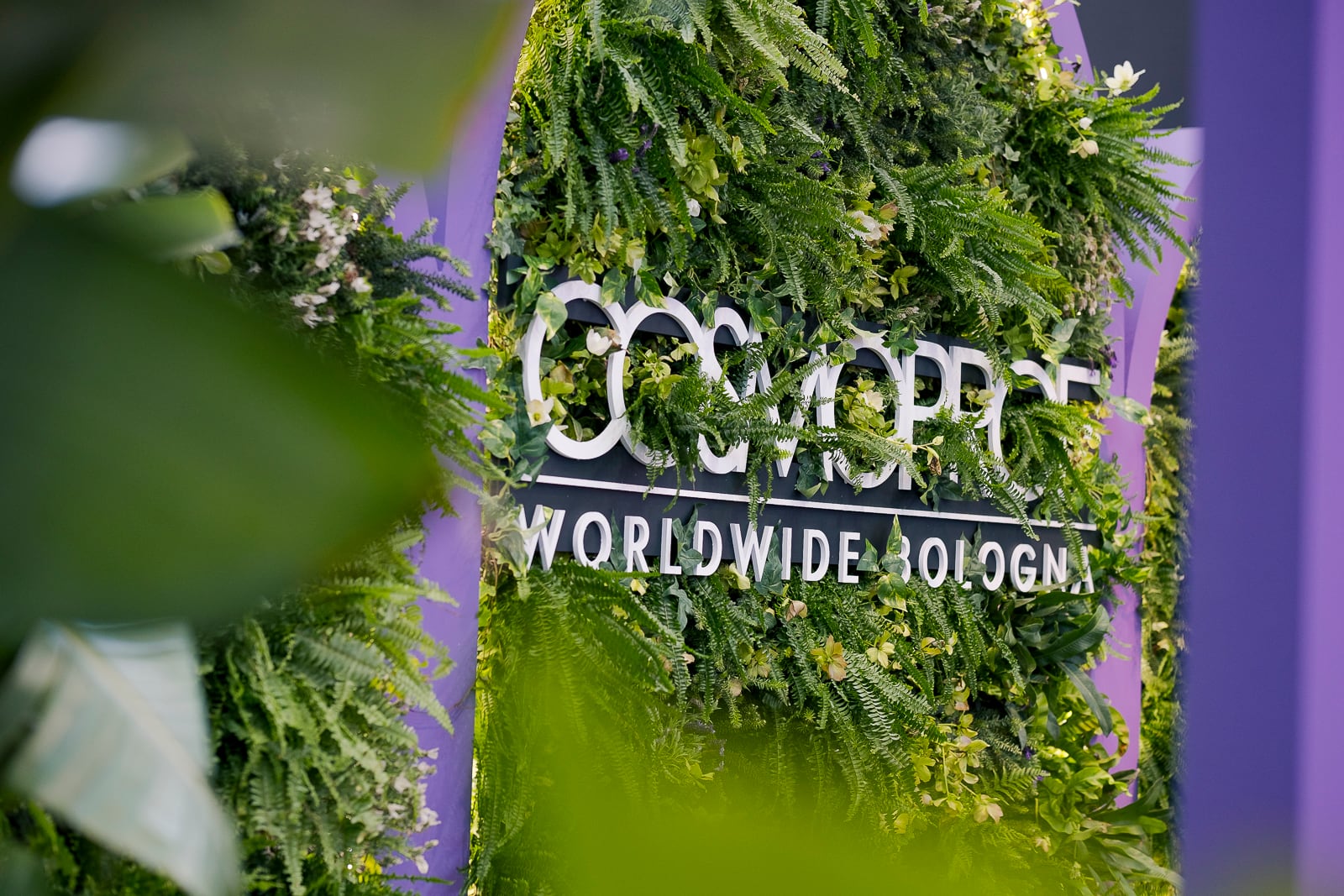
From the latest fragrance innovation to the new cosmetics stage, we spoke to the organisers of Cosmoprof 2026 to find out what we can expect at the show this year.
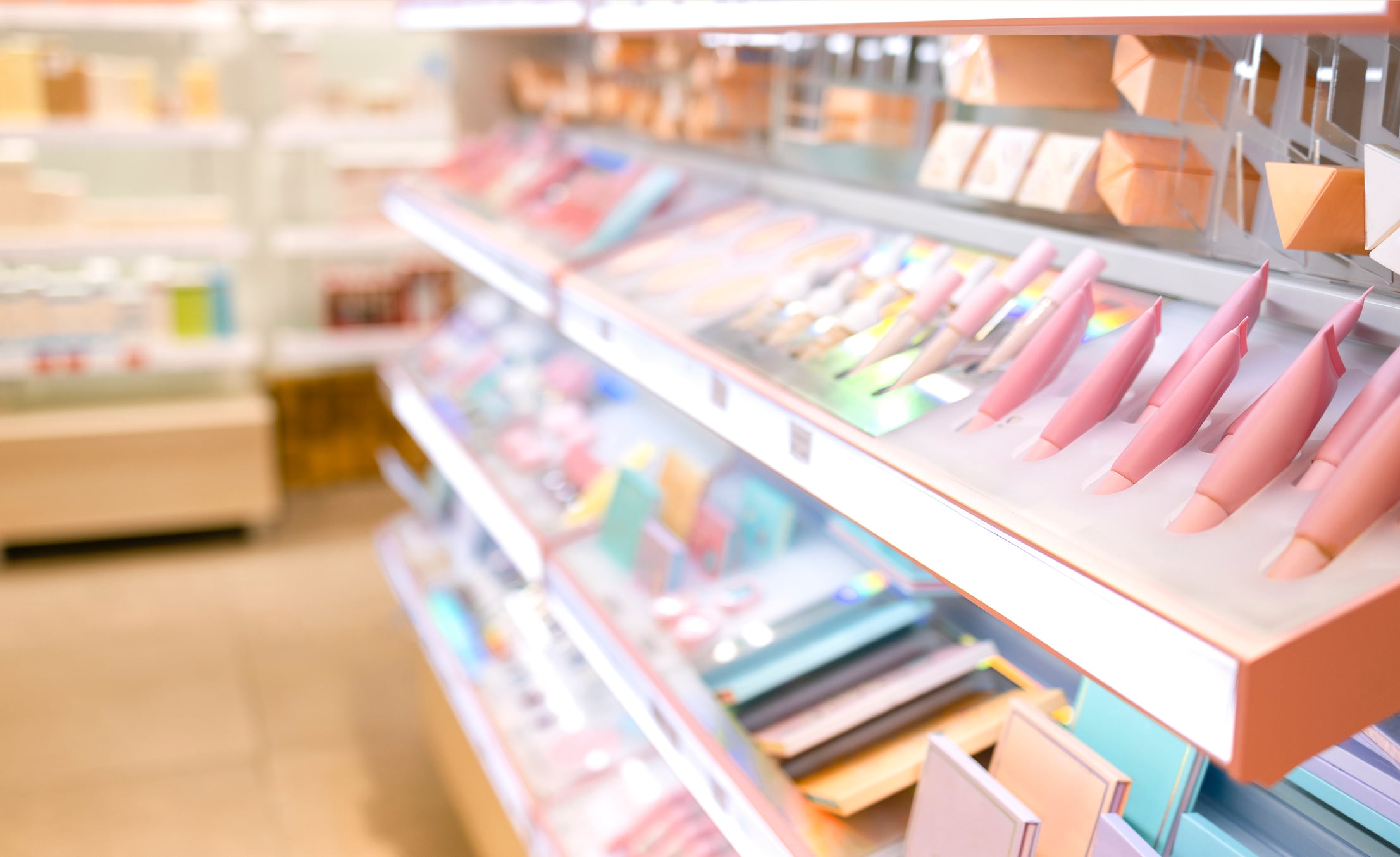
The Director‑General of trade body Cosmetics Europe discusses the regulatory challenges and priorities facing beauty and personal care companies this year.
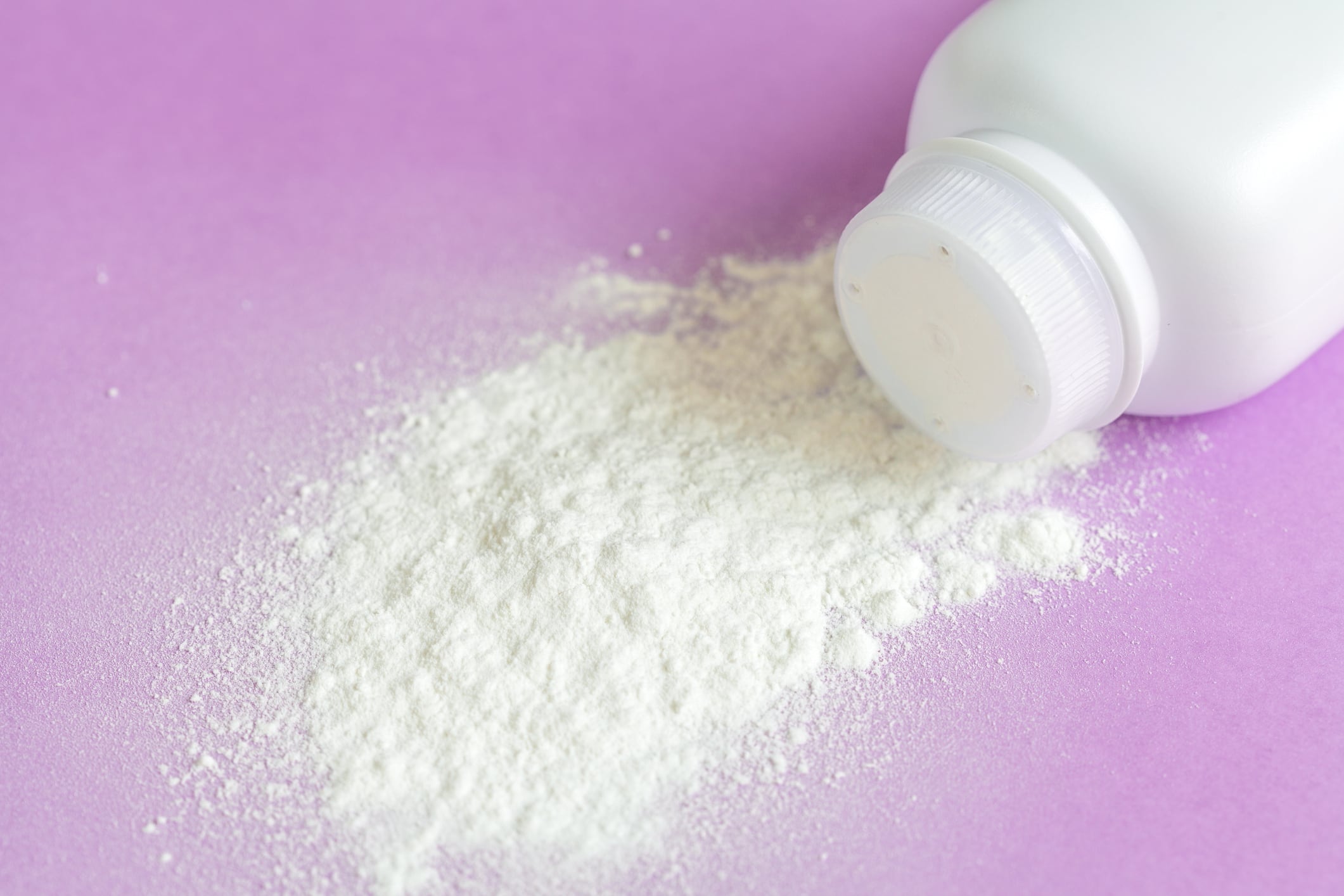
The UK’s Health and Safety Executive (HSE) has not classified talc as a potential carcinogen, while EU scientific bodies have flagged safety concerns that will most likely result in a usage ban.
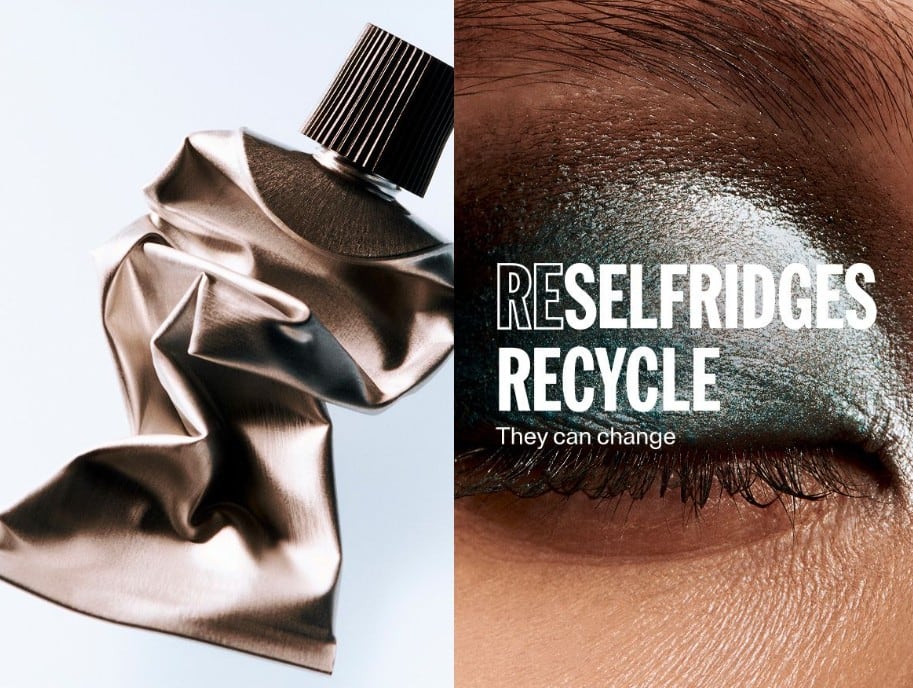
UK retailer Selfridges new recycling scheme includes hard‑to‑recycle fragrance bottles.
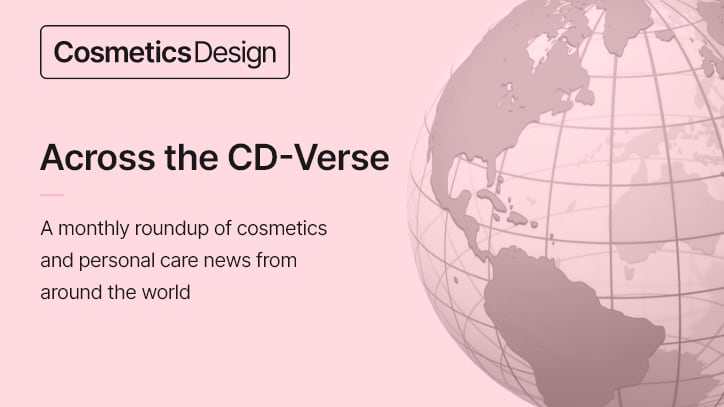
This month’s global beauty news headlines encompass exciting innovations, regulatory pressures, and acquisitions with significant industry impacts.

Last week, non-profit Canopy invested $2bn (€1.67bn) to scale next‑gen materials for packaging. Here’s why it thinks these materials are critical as global fibre supply tightens.

As the micropollutant EPR dispute heats up between the beauty industry and the EC, industry bodies argue that cosmetics contribute less than 2% of micropollutants in water supplies, not 26% as stated.
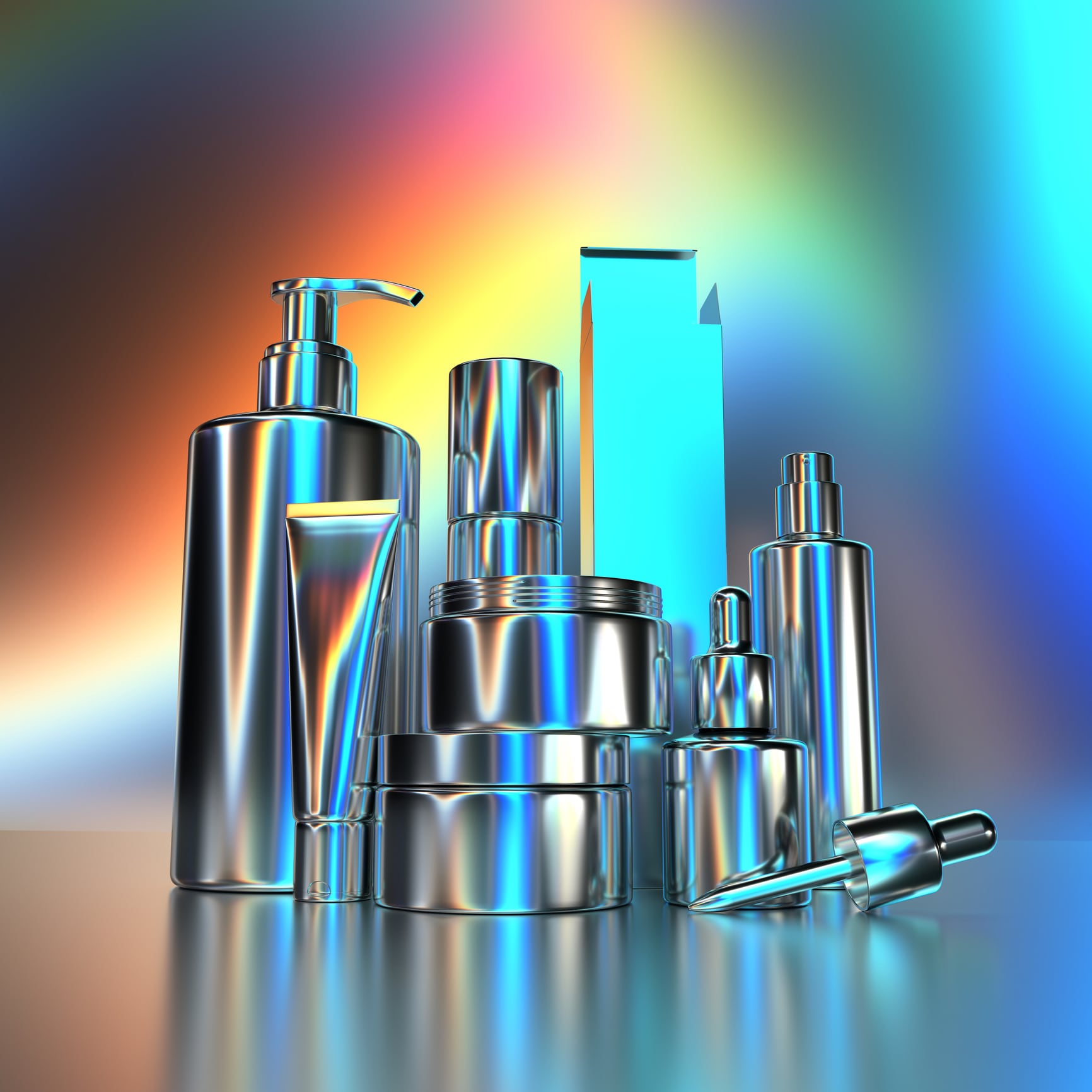
From paper to QR codes and the reinvention of the refill, what do beauty and personal care brands need to know about the packaging of the future?
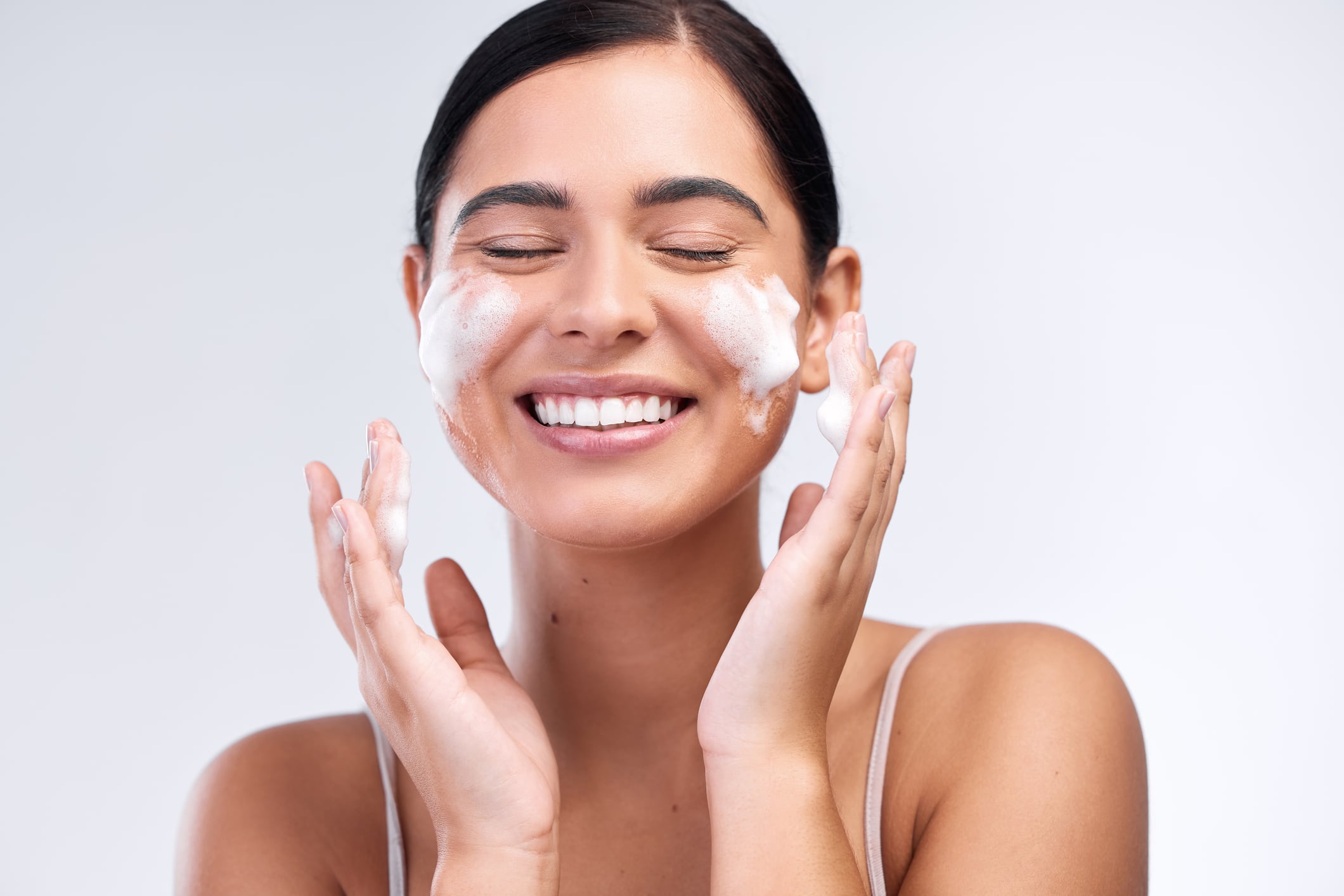
A new study by L’Oréal Research & Innovation has revealed that hard water fundamentally destabilises the foam structure of common cosmetic cleansing products, dramatically compromising their performance and sensory appeal.

France has led the way on the ‘forever chemicals’ crackdown. Here is what cosmetics formulators need to know.
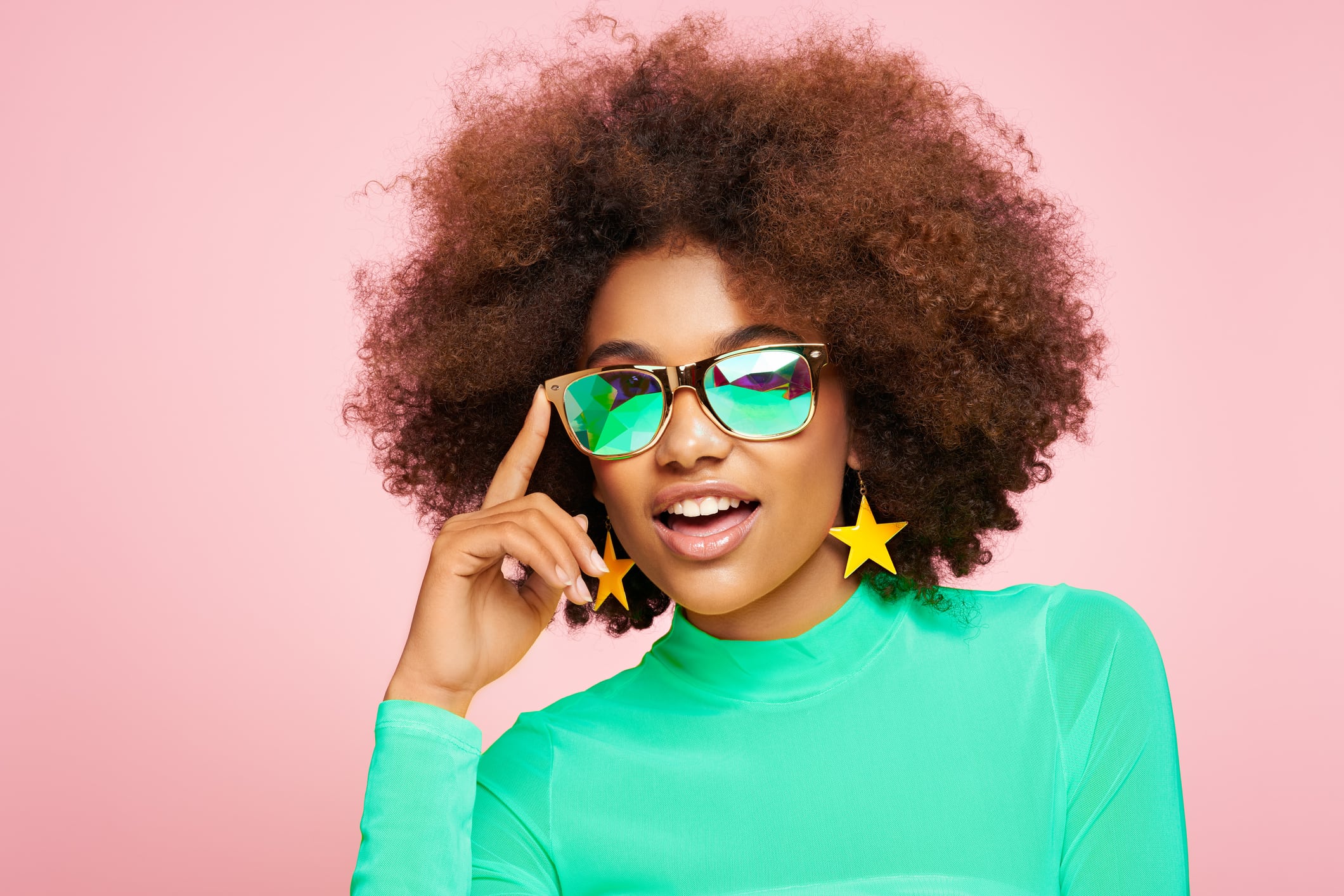
We spoke to Estée Lauder Companies’ VP for hair care about the future of hair care, including biotech, sustainability and scalp health trends.

Take a look at the cosmetics industry news that created the most buzz this year...

We explore if more cosmetics brands will take this approach, or if it poses a trust risk for businesses.

As we see more innovation in the scalp care space, one scalp expert warns haircare brands on misleading claims.
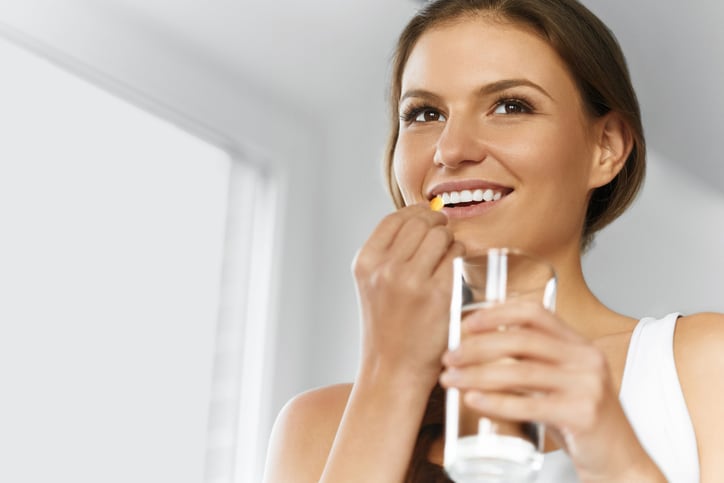
Research shows that some fish oil supplements are oxidized, but is there any scientific evidence to support the perception that oxidized fish oil is less efficacious or even detrimental?
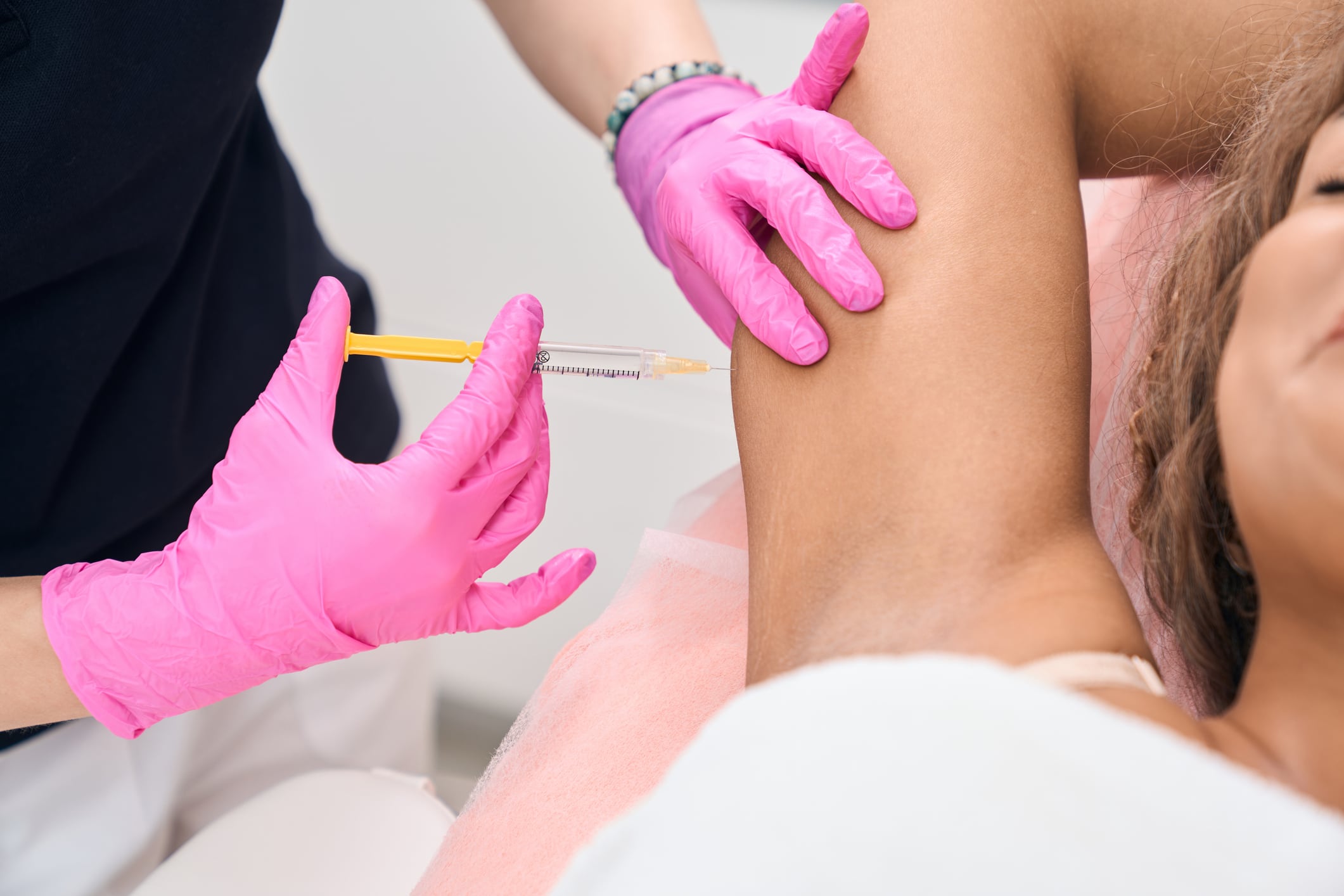
The news highlights the growing demand for holistic treatments beyond the face, driven by trends such as weight-loss-related skin changes from taking GLP-1 receptor drugs and menopause.
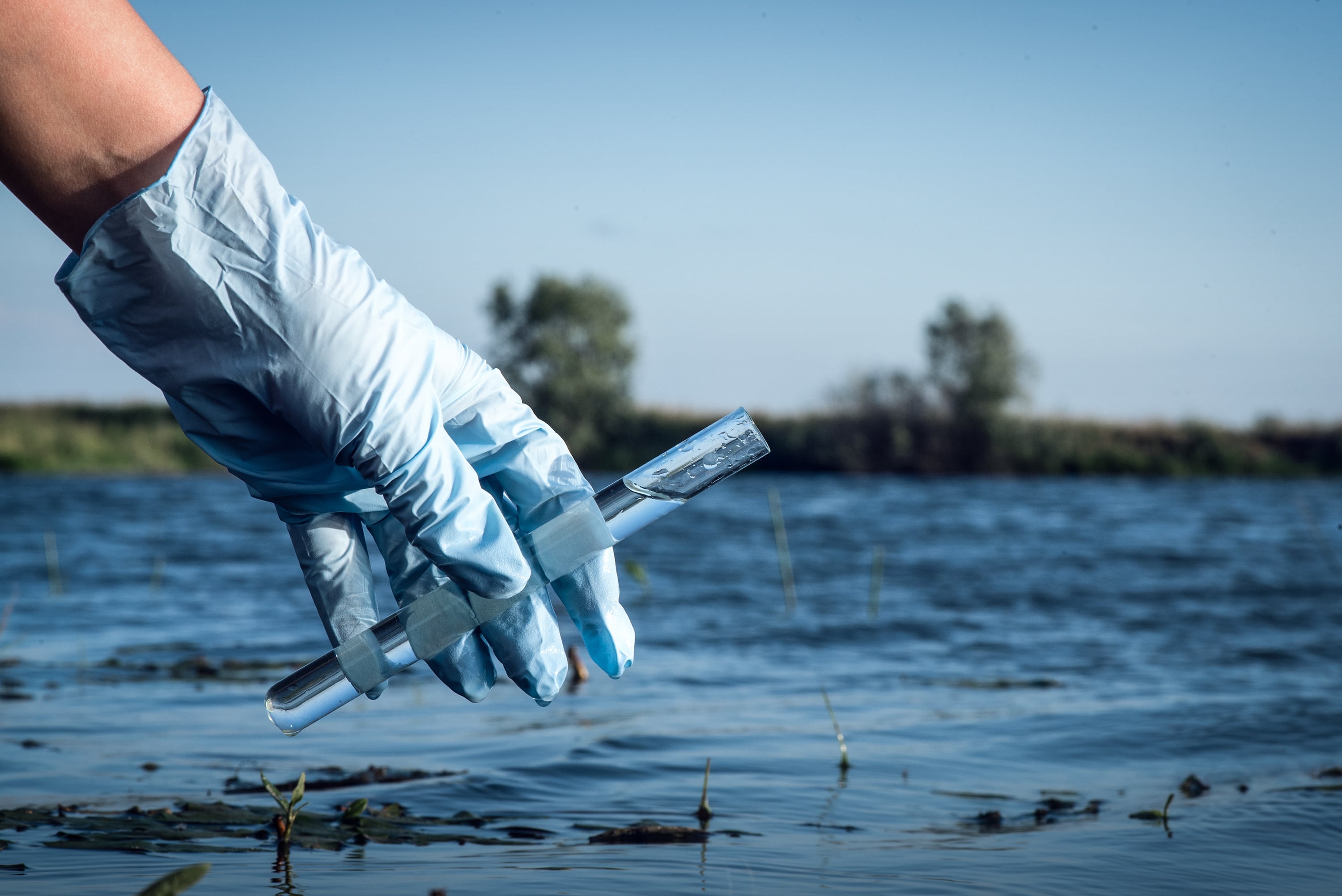
The French cosmetics industry body FEBEA is the latest organisation to speak out against the recent Omnibus proposal published by the European Commission, which has been dubbed “unfair” and “flawed.”
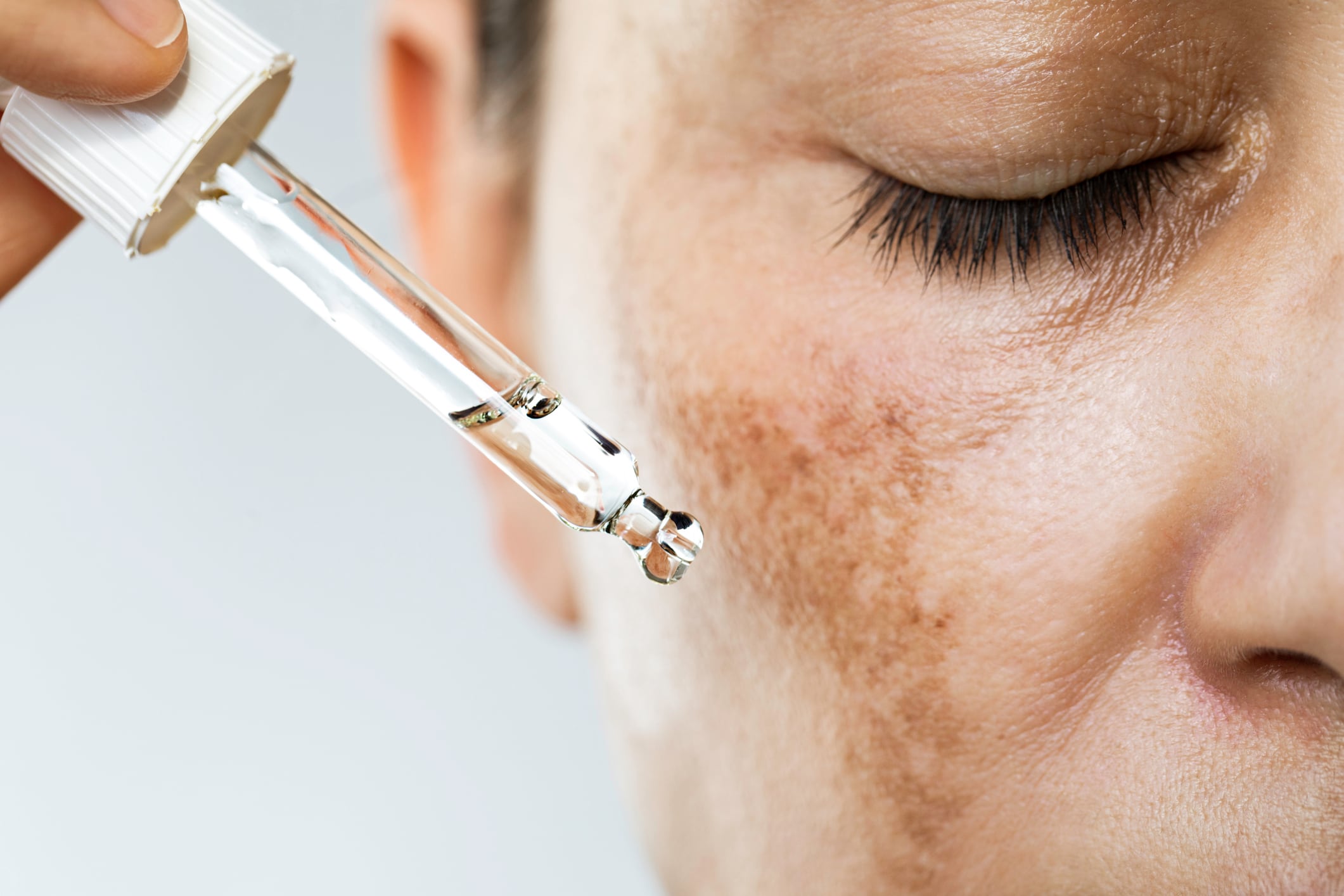
A study published in the British Journal of Dermatology, changes our understanding of dermal pigmentation and how it should be addressed.

If finalized, it would mark the first new sunscreen active introduced to the United States market in decades, with potential significance for formulators seeking broader UVA coverage and improved photostability.
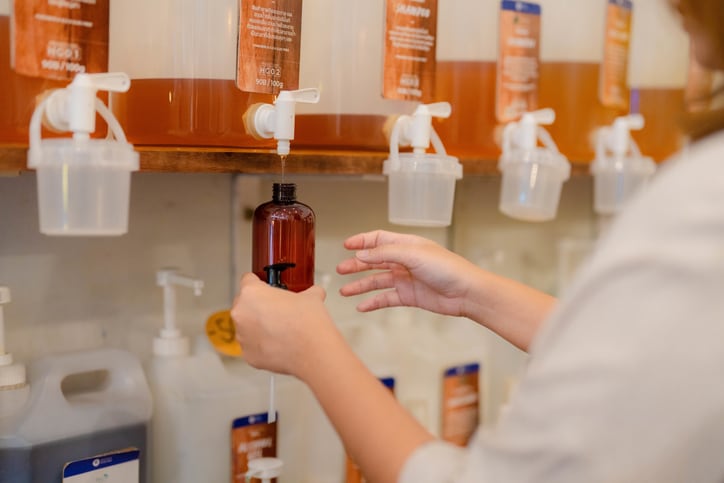
The cosmetics industry is demanding fairness in the face of EC’s latest move on EPR costs under the Urban Wastewater Directive.
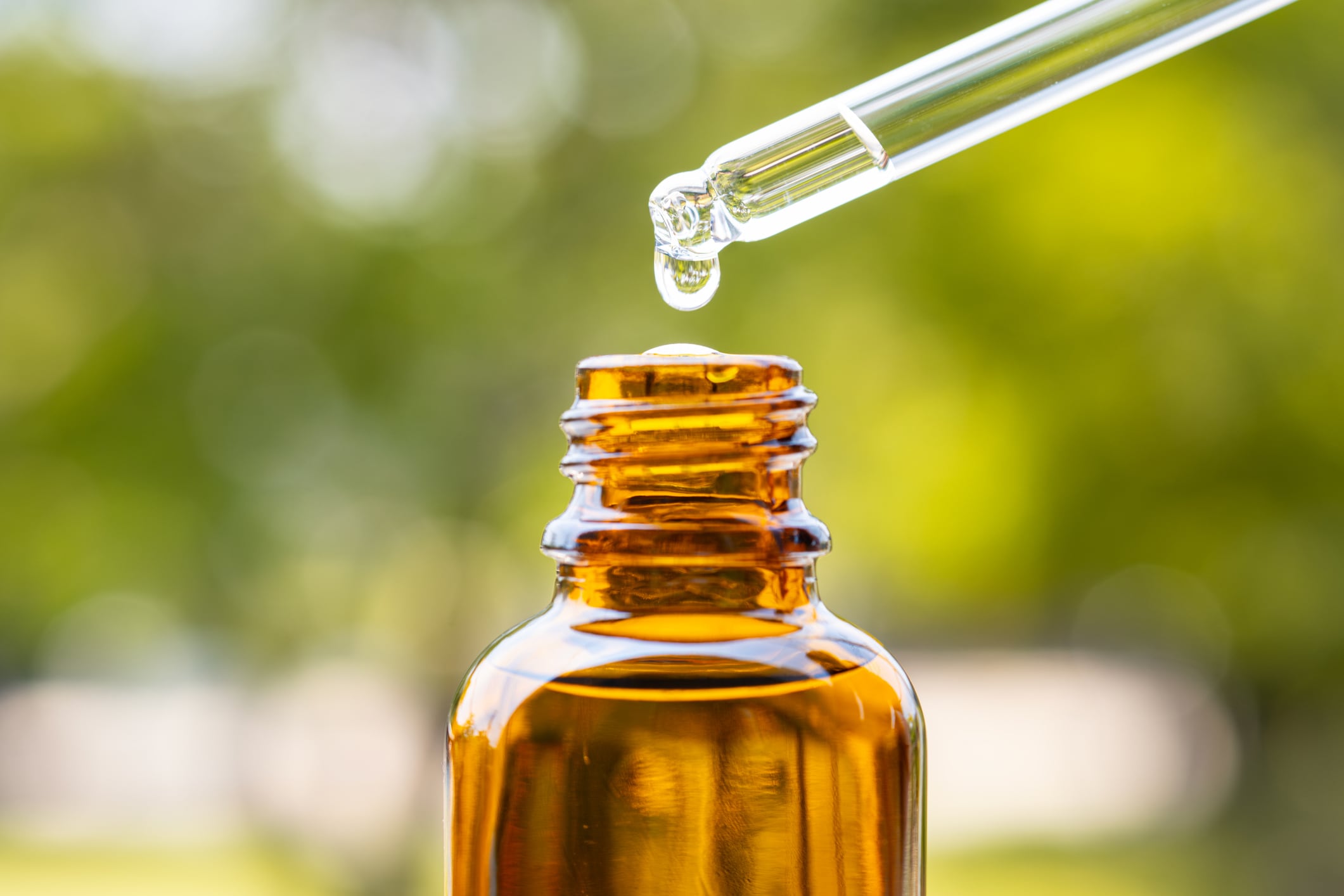
Industry experts say the €7.3m Series A funding from a variety of sources, including beauty company Beiersdorf, signals increasing growth for sustainable beauty, as precision fermentation continues to be a gamechanger for cosmetics formulations
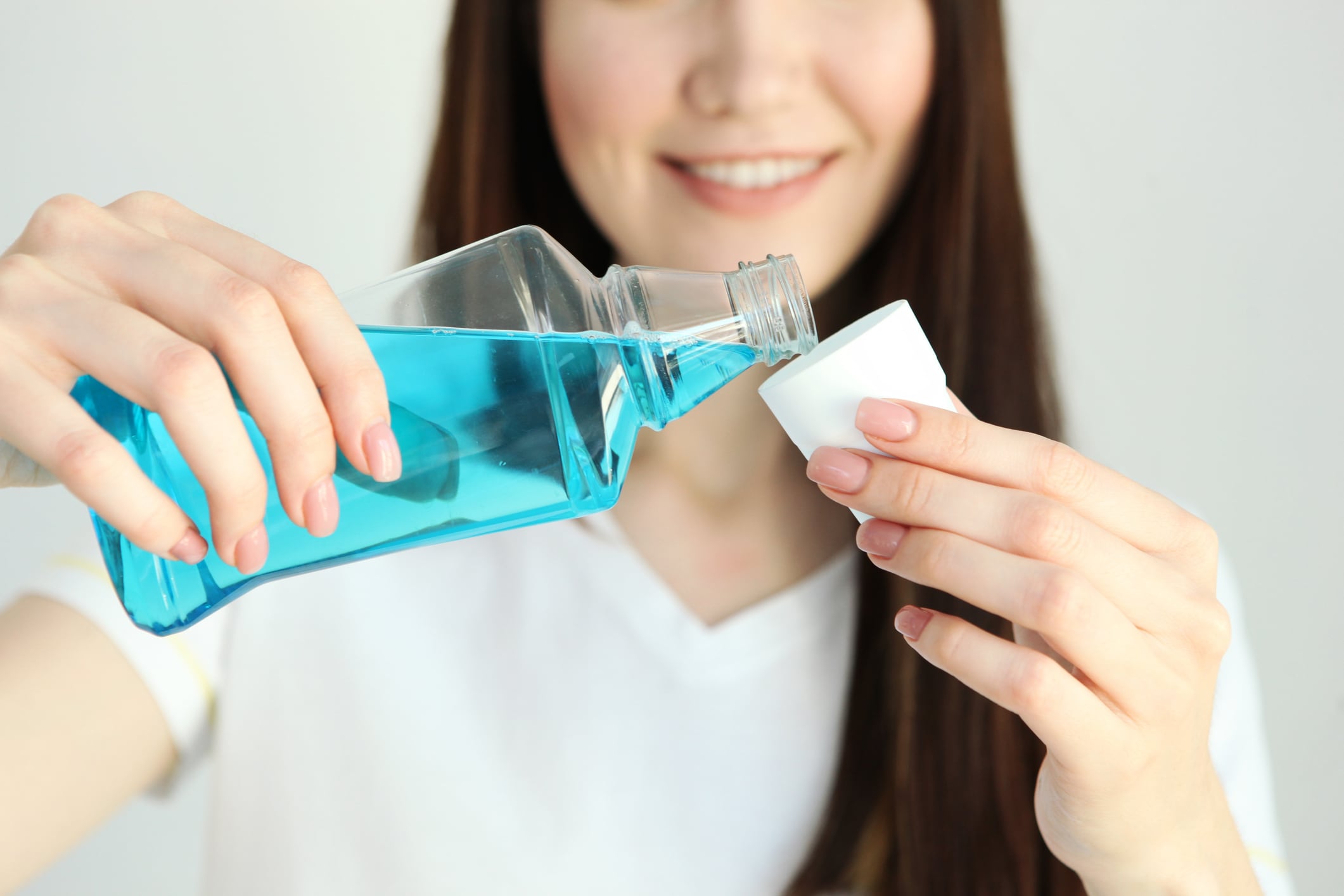
As both UK and EU cosmetics regulations continue to change, the UK has recently updated its restrictions on the use of hexyl salicylate in cosmetic products and expanded the list of banned substances it considers to be carcinogenic, mutagenic, or toxic...

The EUDR has been postponed again – we explain the key compliance changes.
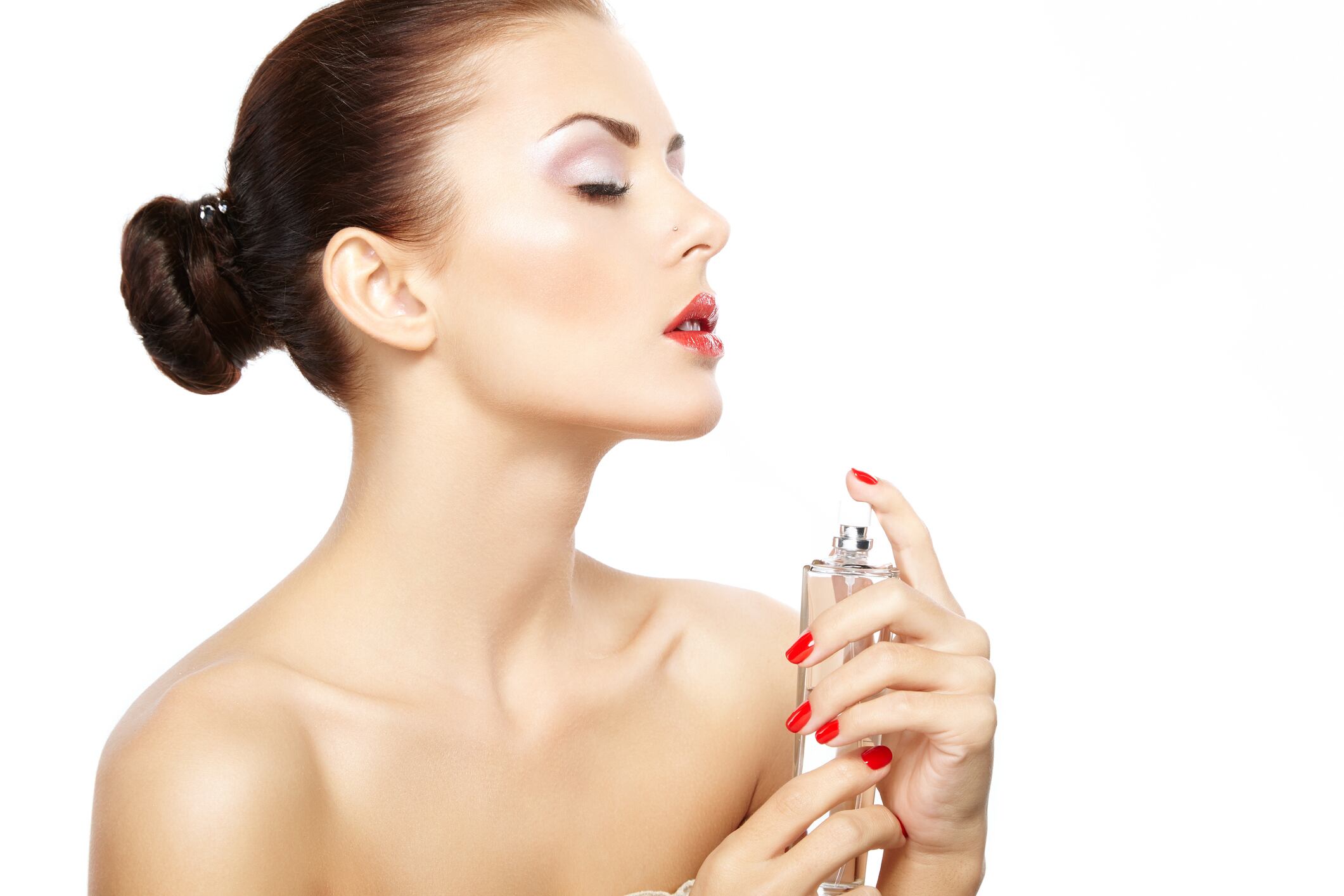
As dupe perfumes continue to flood the market, industry experts say that beauty brands must act to protect consumers and their reputations.
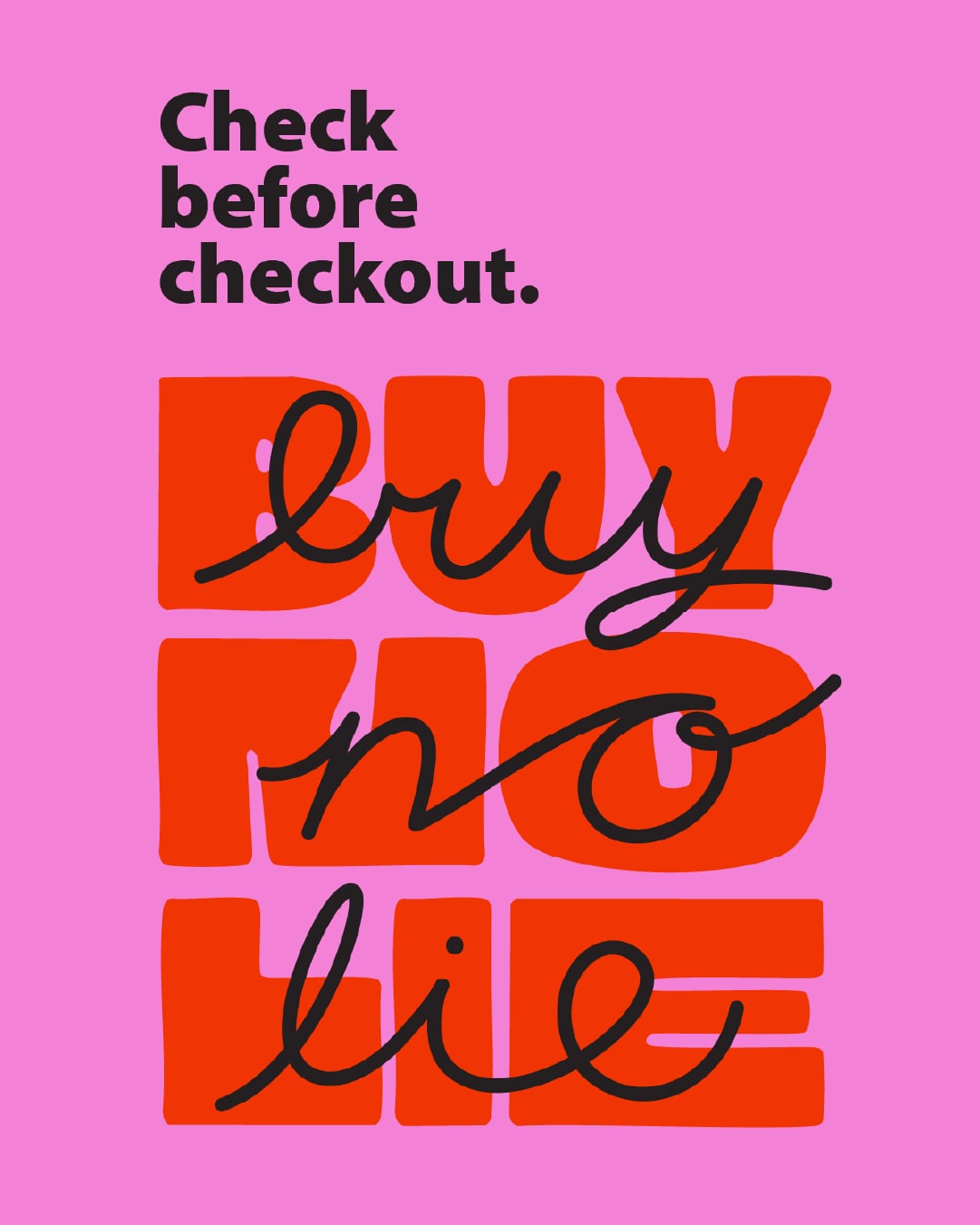
The Personal Care Products Council (PCPC) and the National Crime Prevention Council (NCPC) are urging cosmetics and personal care manufacturers to stay vigilant as counterfeit activity accelerates across online marketplaces, particularly heading into...

The EU’s scientific board has issued a preliminary opinion on the safety of Butylated Hydroxyanisole in cosmetics
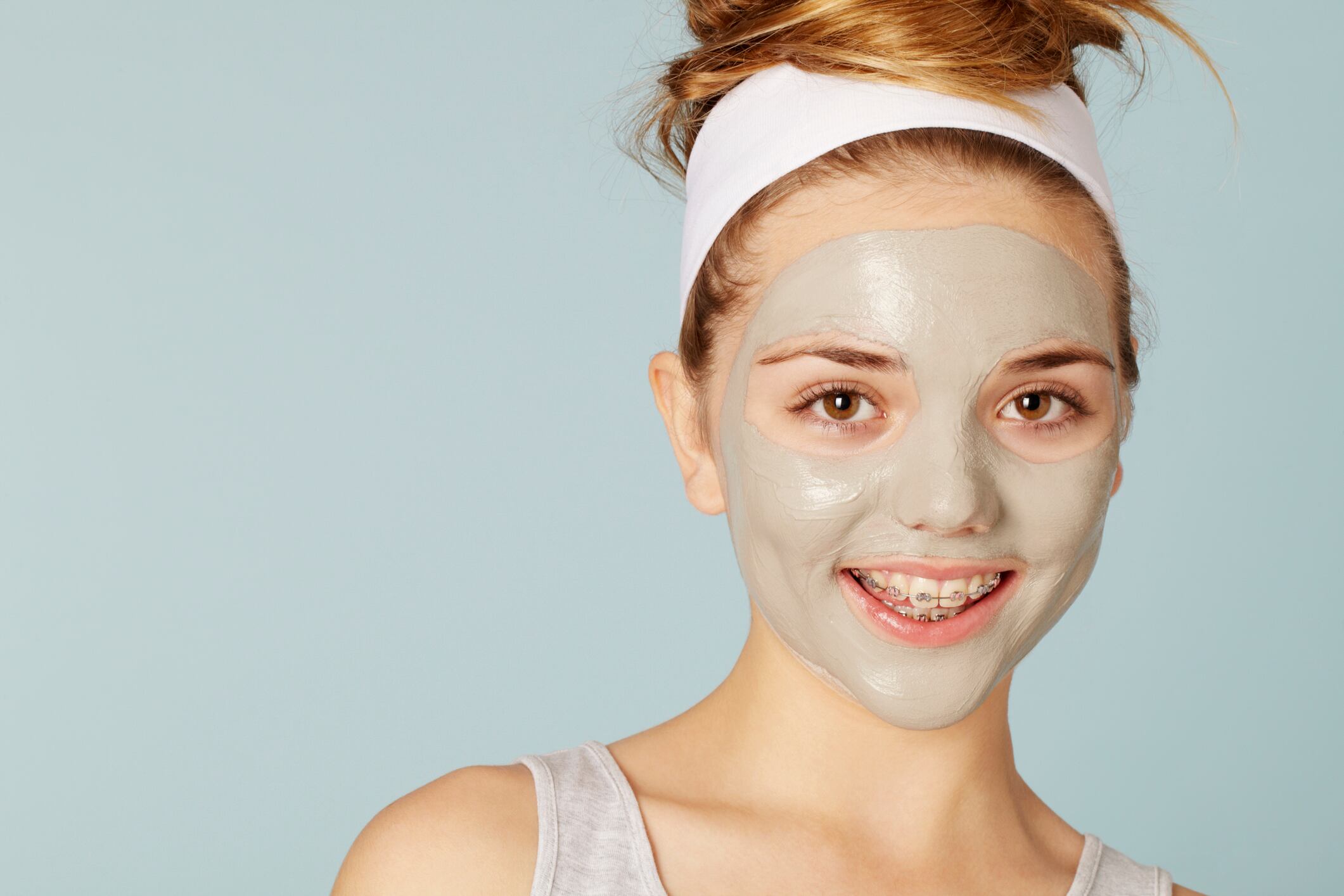
The UK cosmetics industry body CTPA undertook a nationwide survey of parents to better understand why children are more fixated on skincare products.
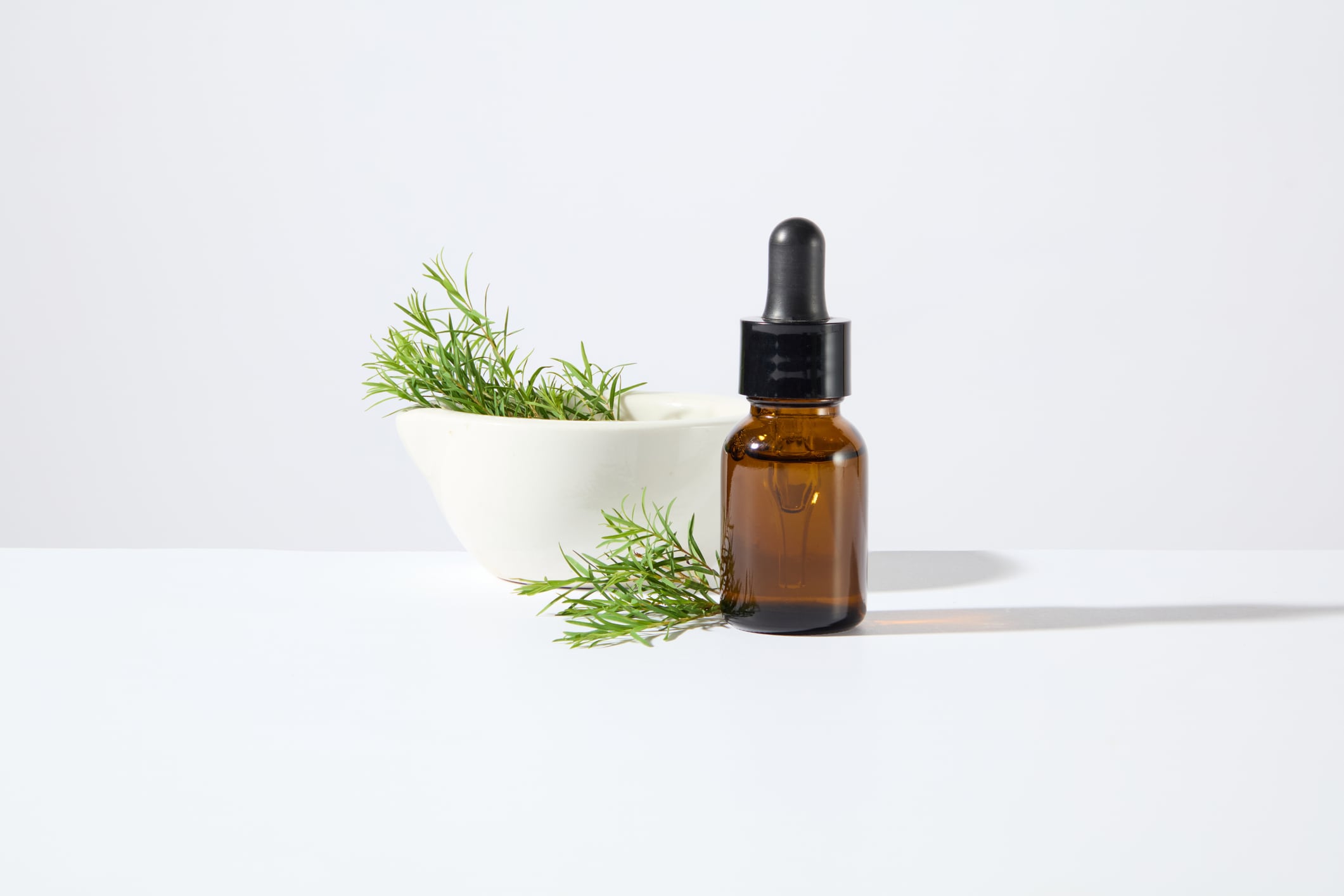
After years of discussion on the safety of tea tree oil in cosmetics, the EU’s Scientific Committee on Consumer Safety (SCCS) has issued its final opinion.
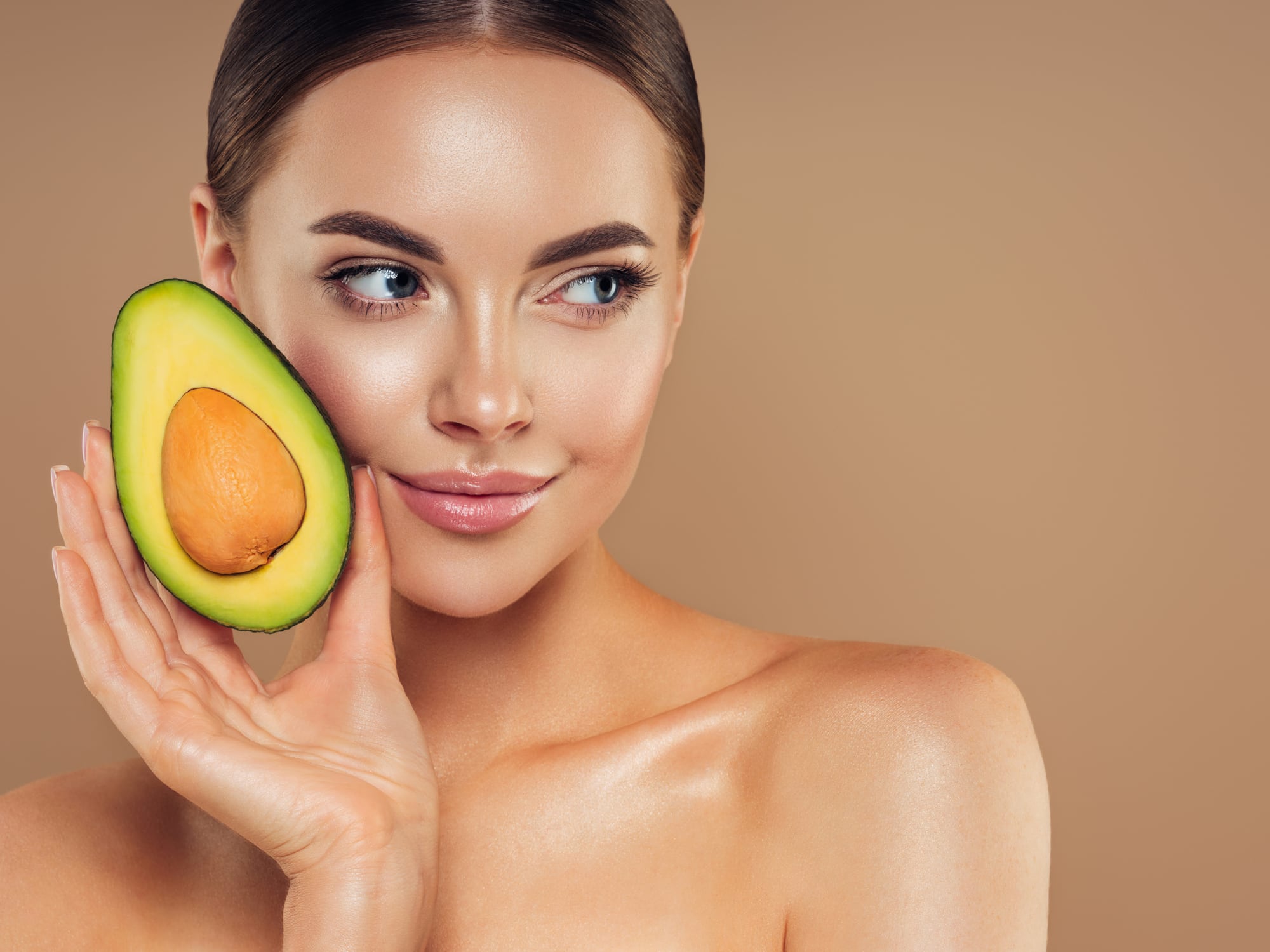
New research highlights the potential of nanobubble-enhanced avocado, apple and kiwi by-products as sustainable, multifunctional ingredients for cosmetic formulations.
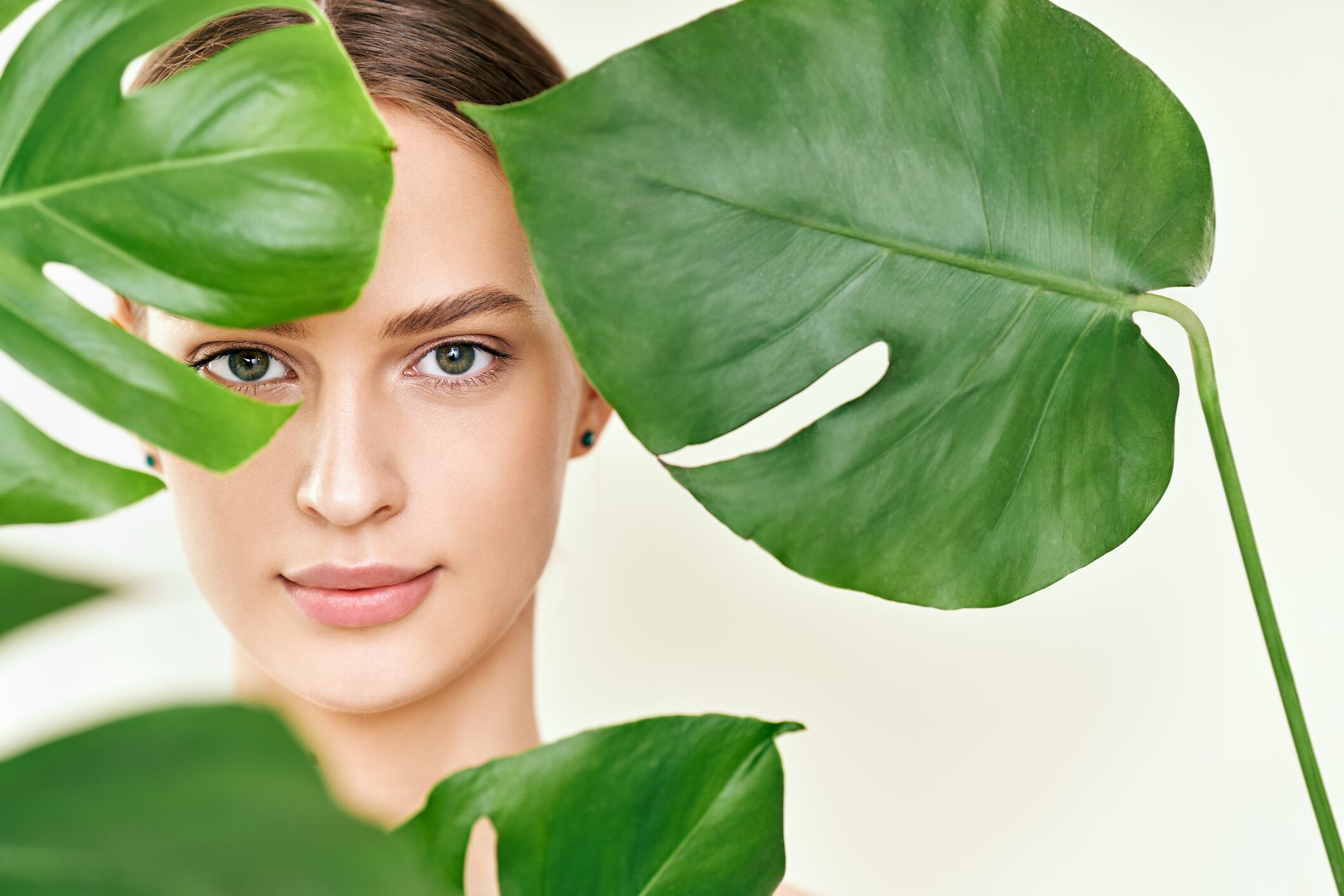
German cosmetics chemicals company Brenntag has entered a strategic partnership with biomaterials production platform Synonym to fast-track bioproducts to the global market.

This month’s installment of CosmeticsDesigns’ global roundup examines shifting regulatory landscapes, financial news, and breakdowns of industry analysis reporting.
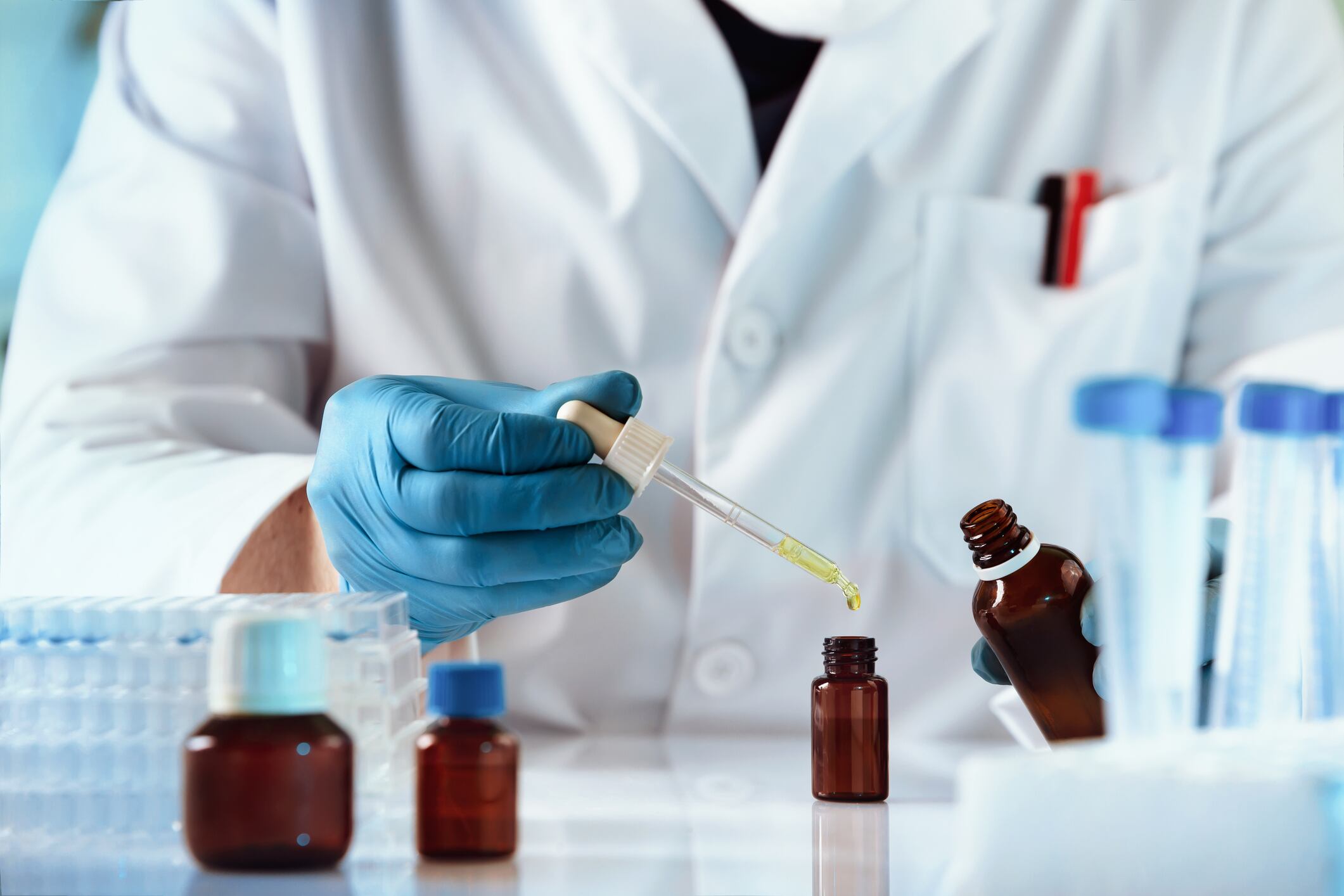
New research shows how new skin-on-chip methods could potentially disrupt animal testing in the beauty and personal care industry.
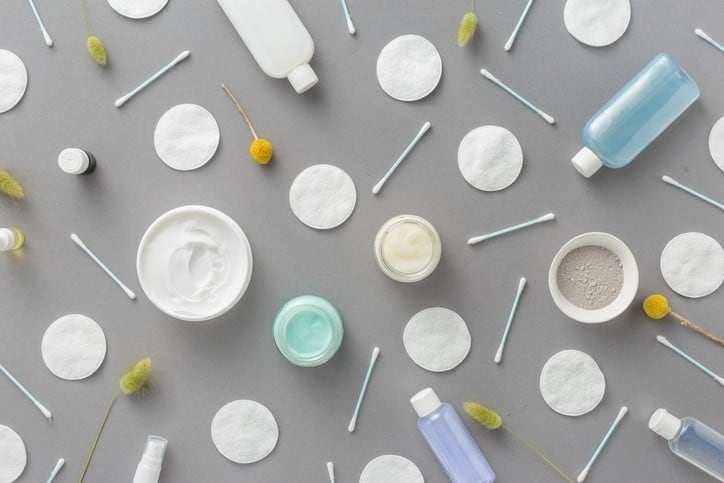
Dive into our latest stories on formulation and science, featuring research on extracts of peony root, ethanolic plum leaf and honeysuckle flower, efficacy of a new-gen Winona cream, and more.
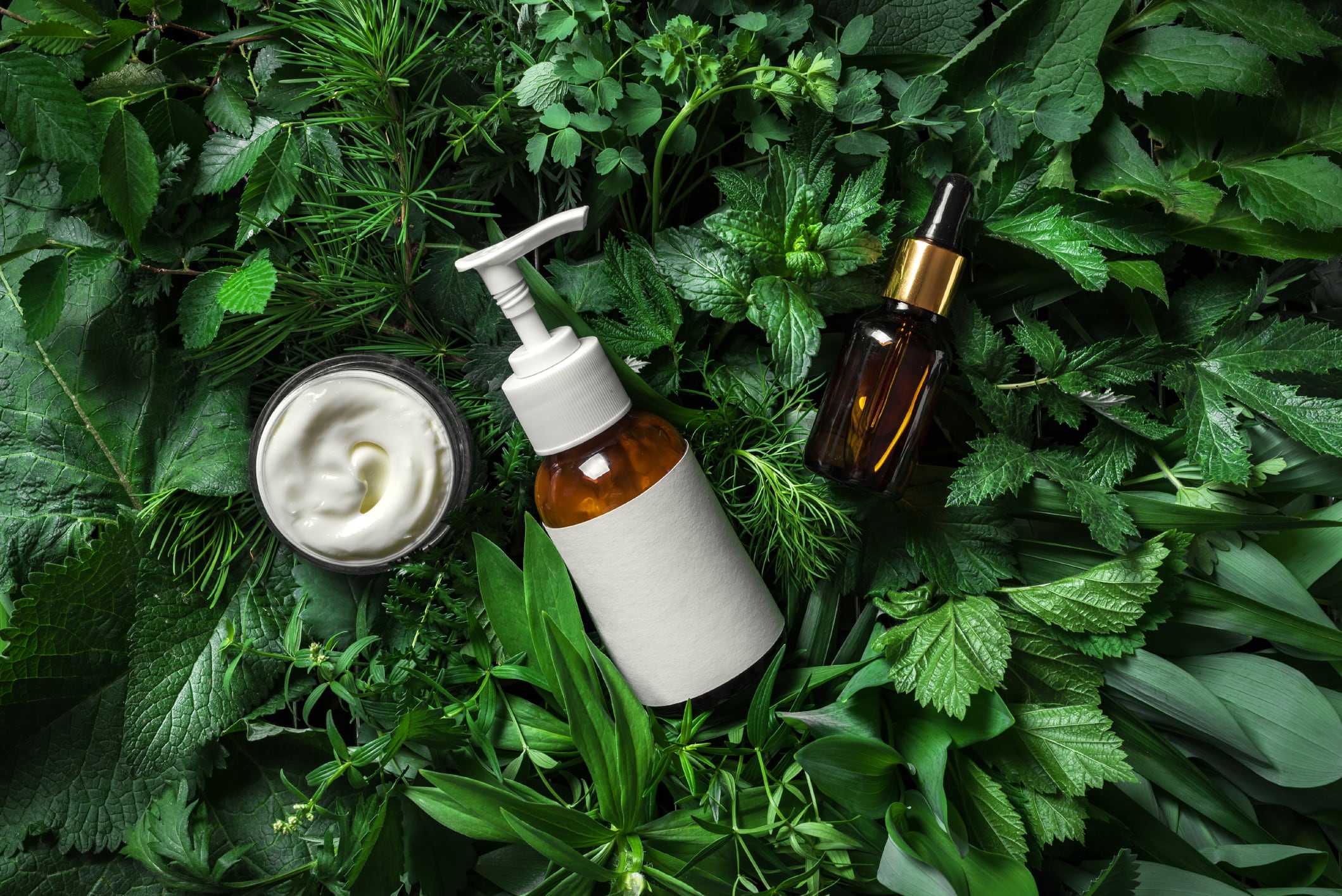
Ahead of the Sustainable Cosmetics Summit in Paris, we spoke to the event founder about how AI, biotech and eco-design are transforming sustainability.
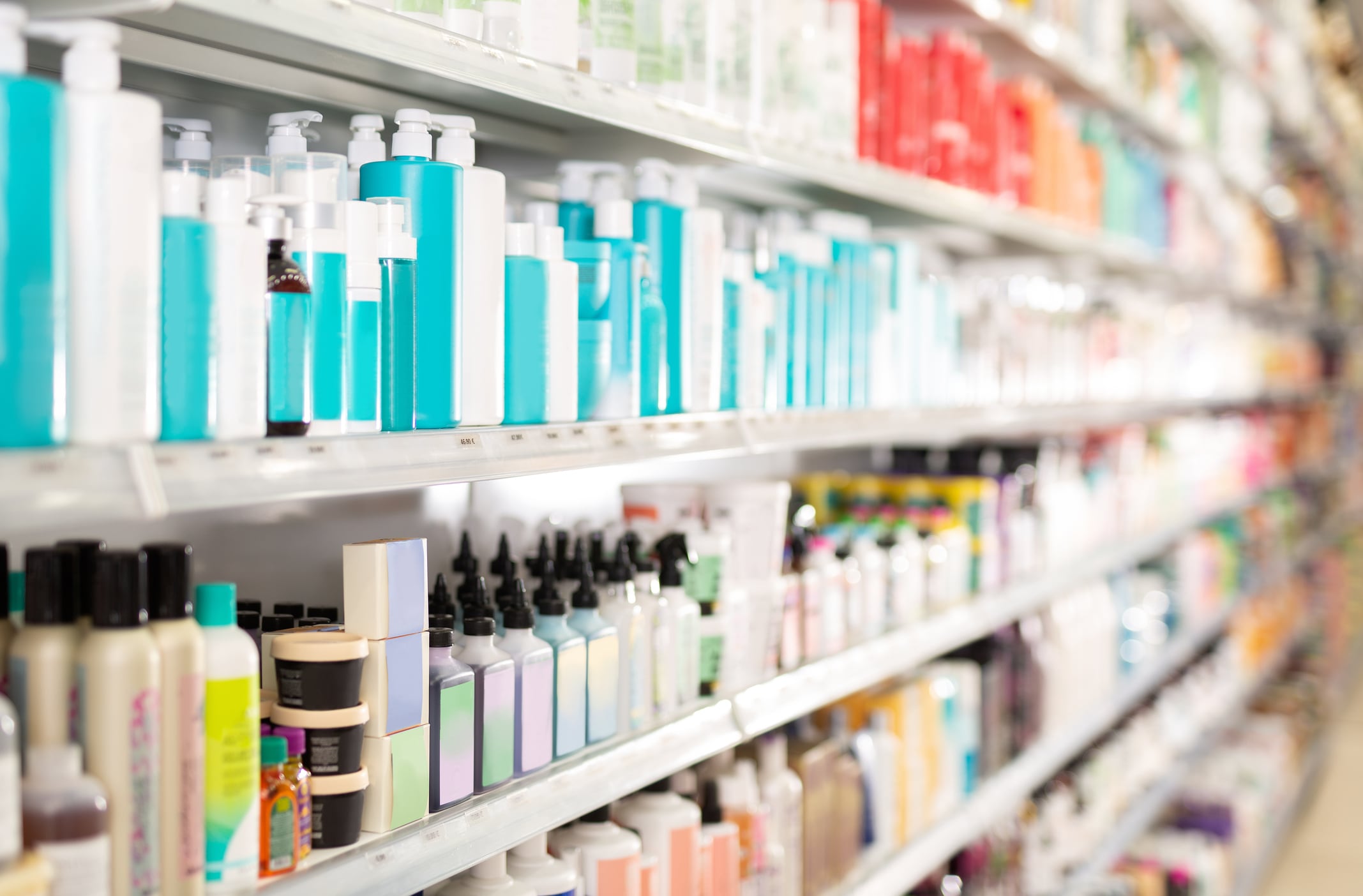
French cosmetics leaders met EU VP Séjourné at Cosmetic 360 to urge regulatory reform, trade support, and innovation backing amid global market challenges.
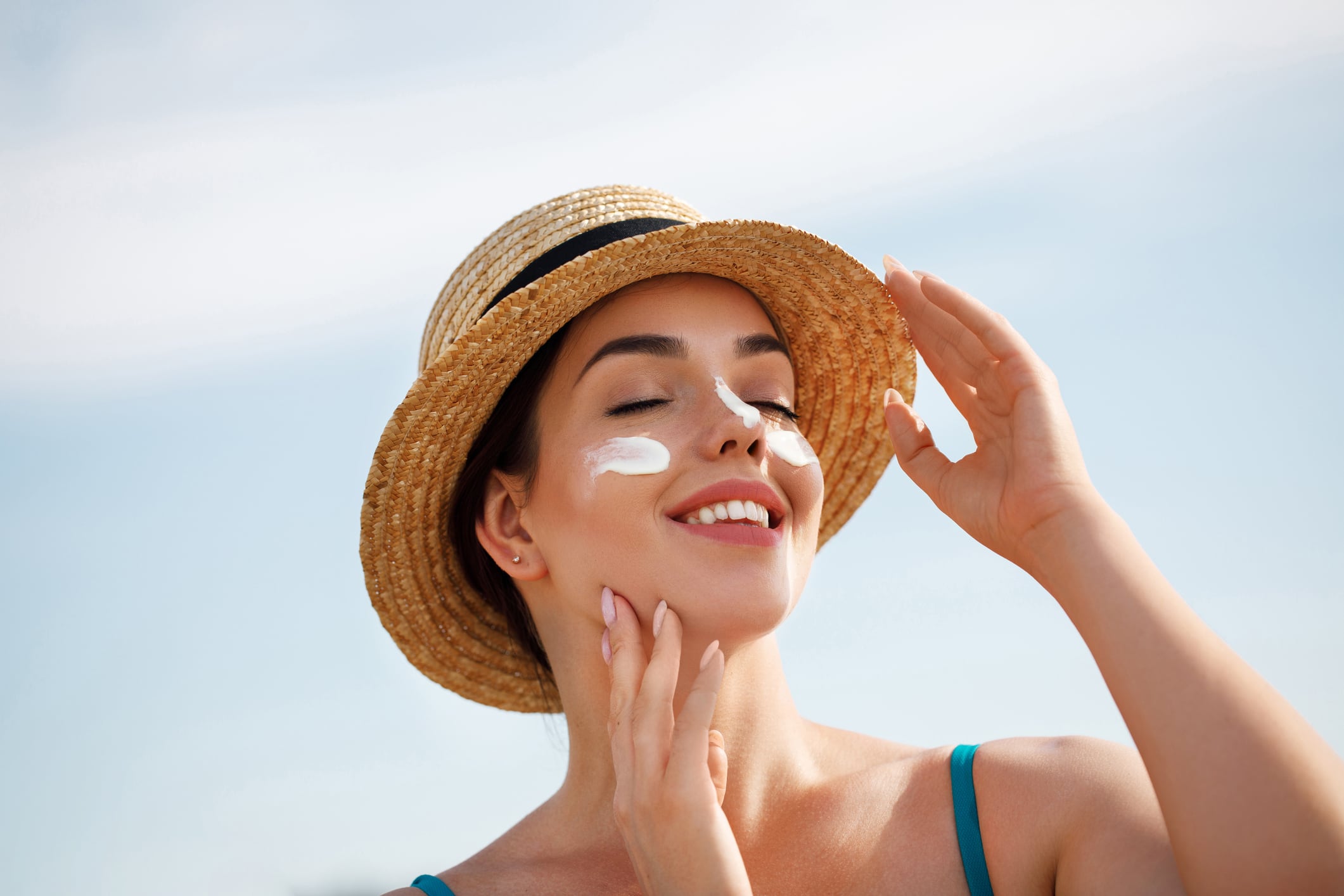
According to the government organisation ANSES, the chemical contaminates aquatic ecosystems and soil and could pose health risks.
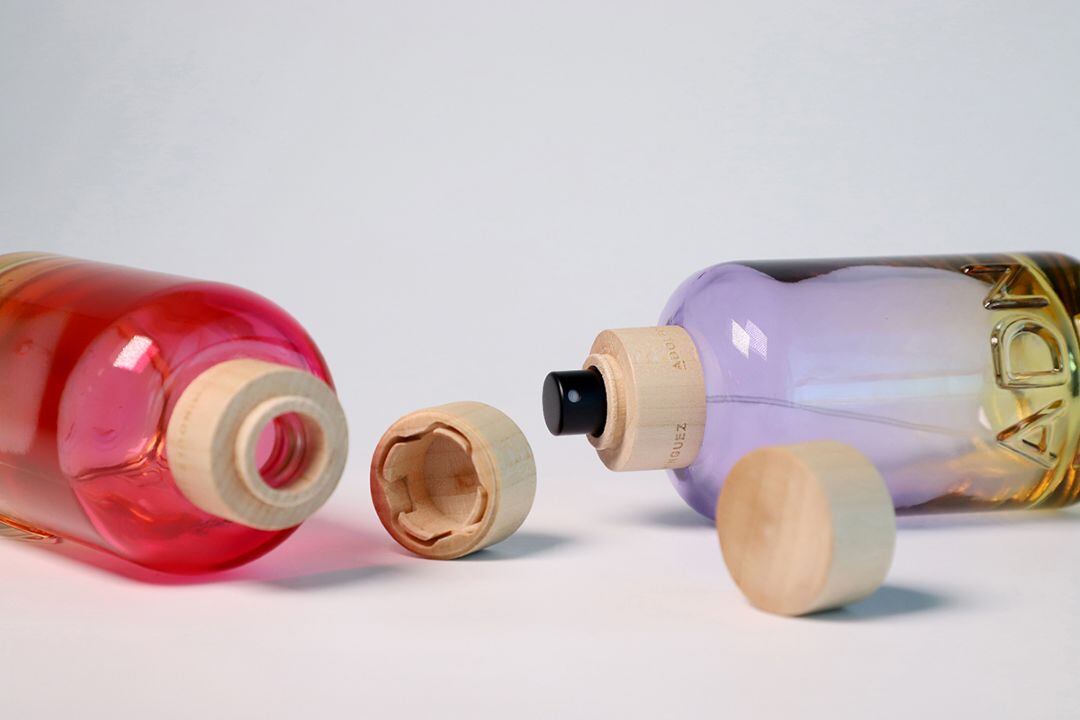
We scouted the recent Luxe Pack show in Monaco to uncover the latest eco-friendly beauty & personal care packaging innovations you’ll want to know about.

This month’s roundup of CosmeticsDesign’s global coverage includes an in-depth look at scientific developments, sustainable innovation, and notable brand launches.
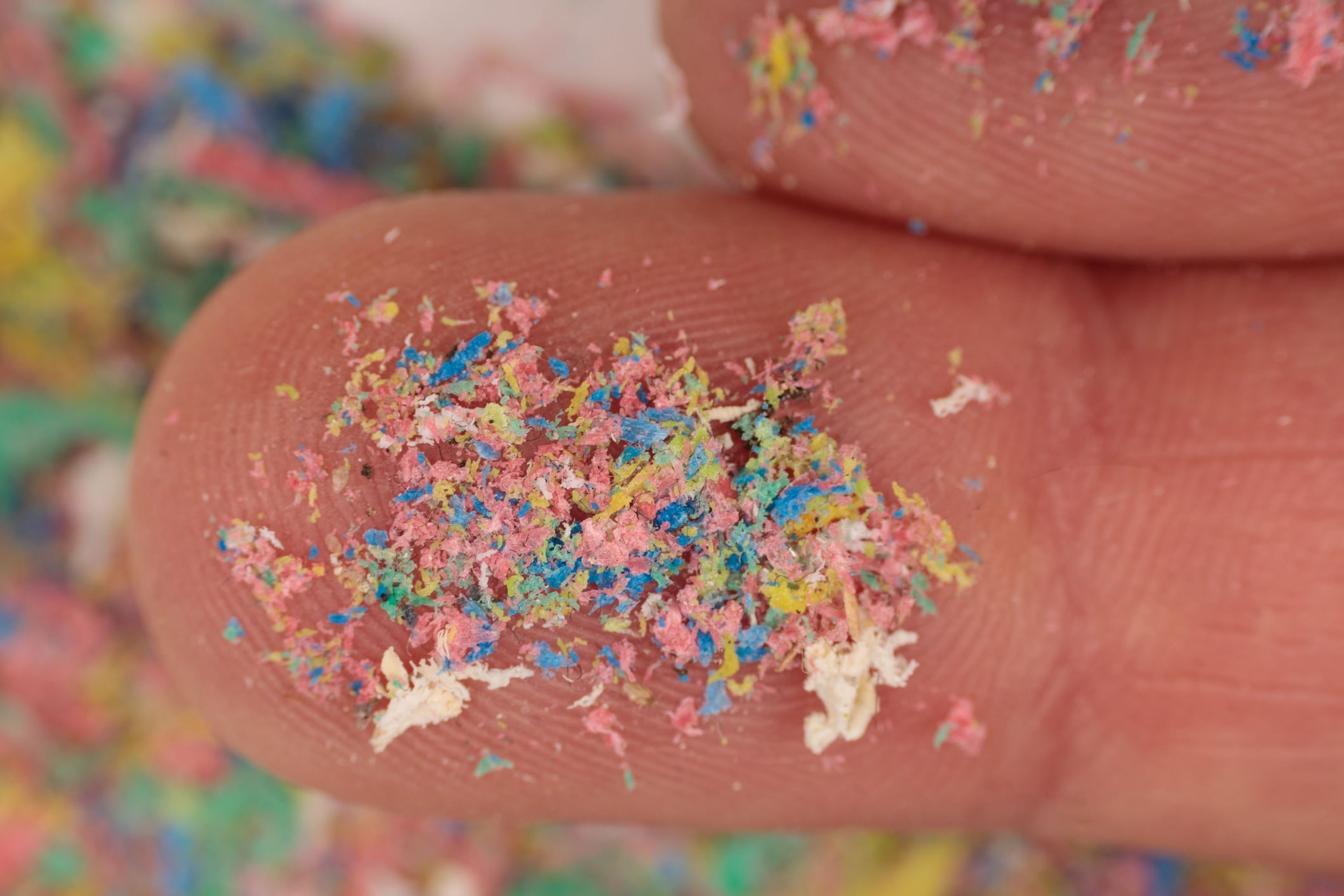
The EU’s microplastics regulation is driving North American beauty ingredient manufacturers and suppliers to innovate sustainable alternatives that do not compromise performance, as global consumer demand and regulatory expectations converge.

The European Commission has proposed a second delay to the enforcement of the EUDR, citing that its technology systems are not yet ready.
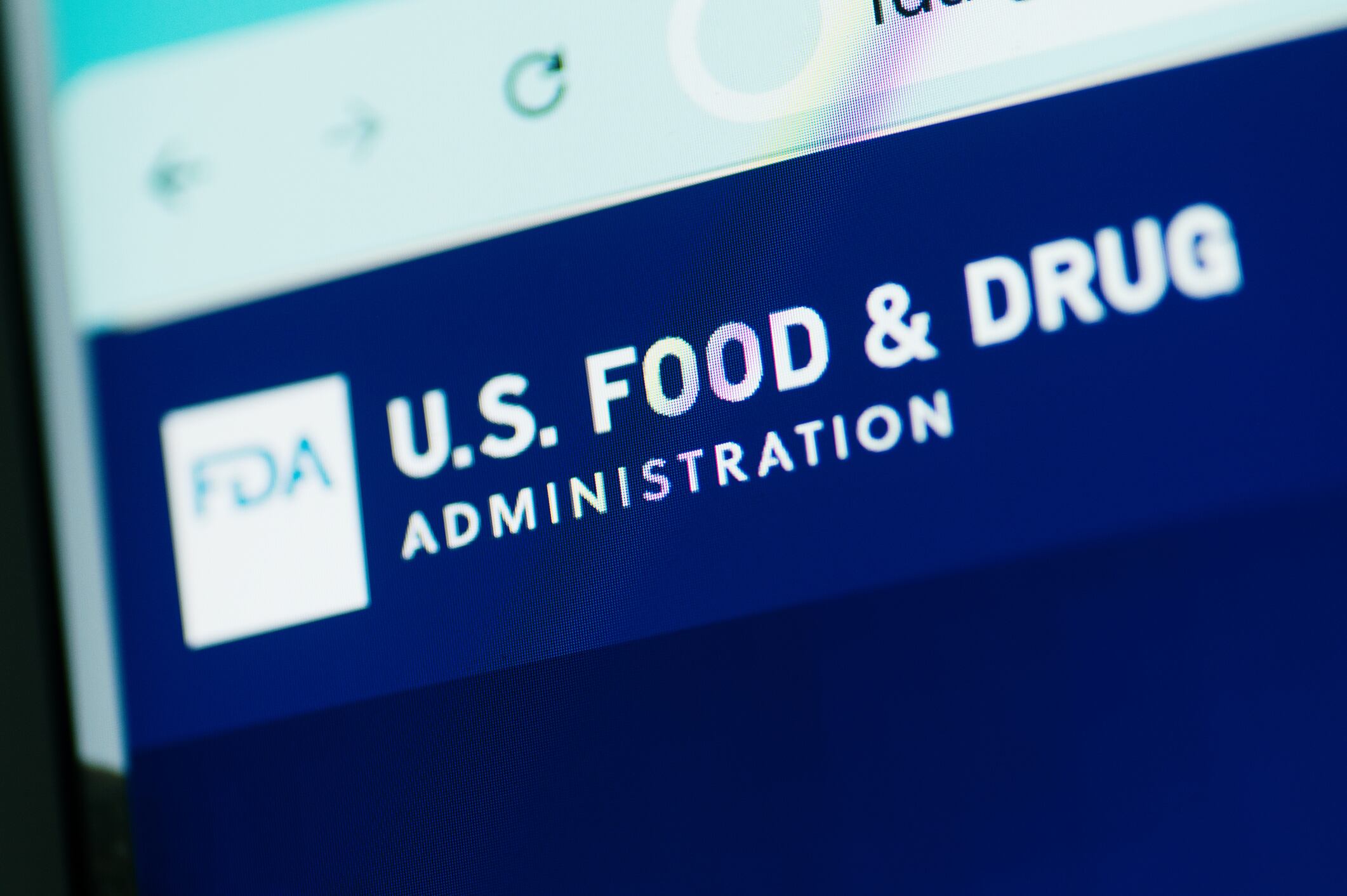
The new FDA tool has registered a sharp increase in adverse event reports following the implementation of MoCRA.
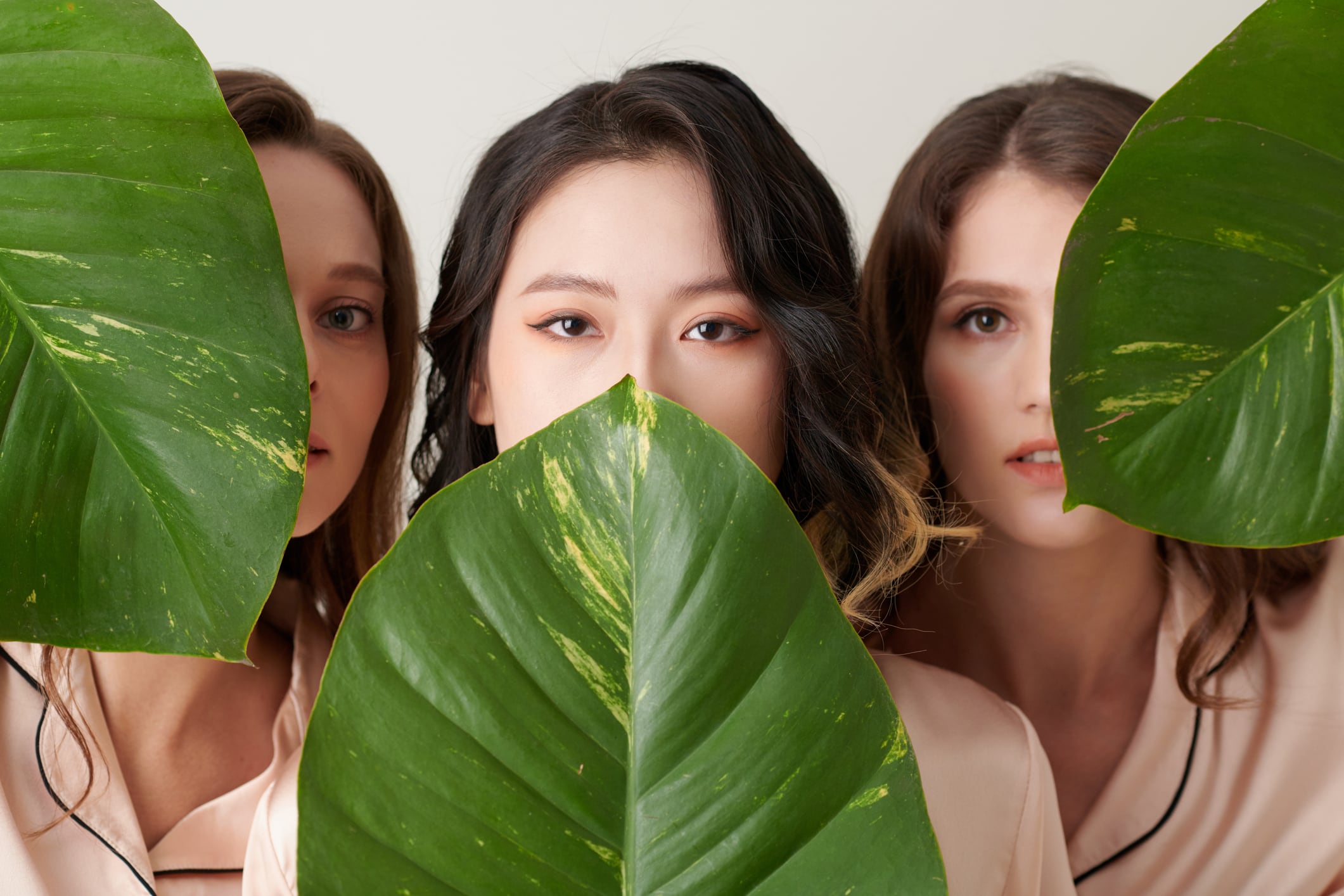
How eco-friendly makeup ingredients are driving next-gen formulations.

Sustainable beauty trends are increasingly shaping product development in GCC.
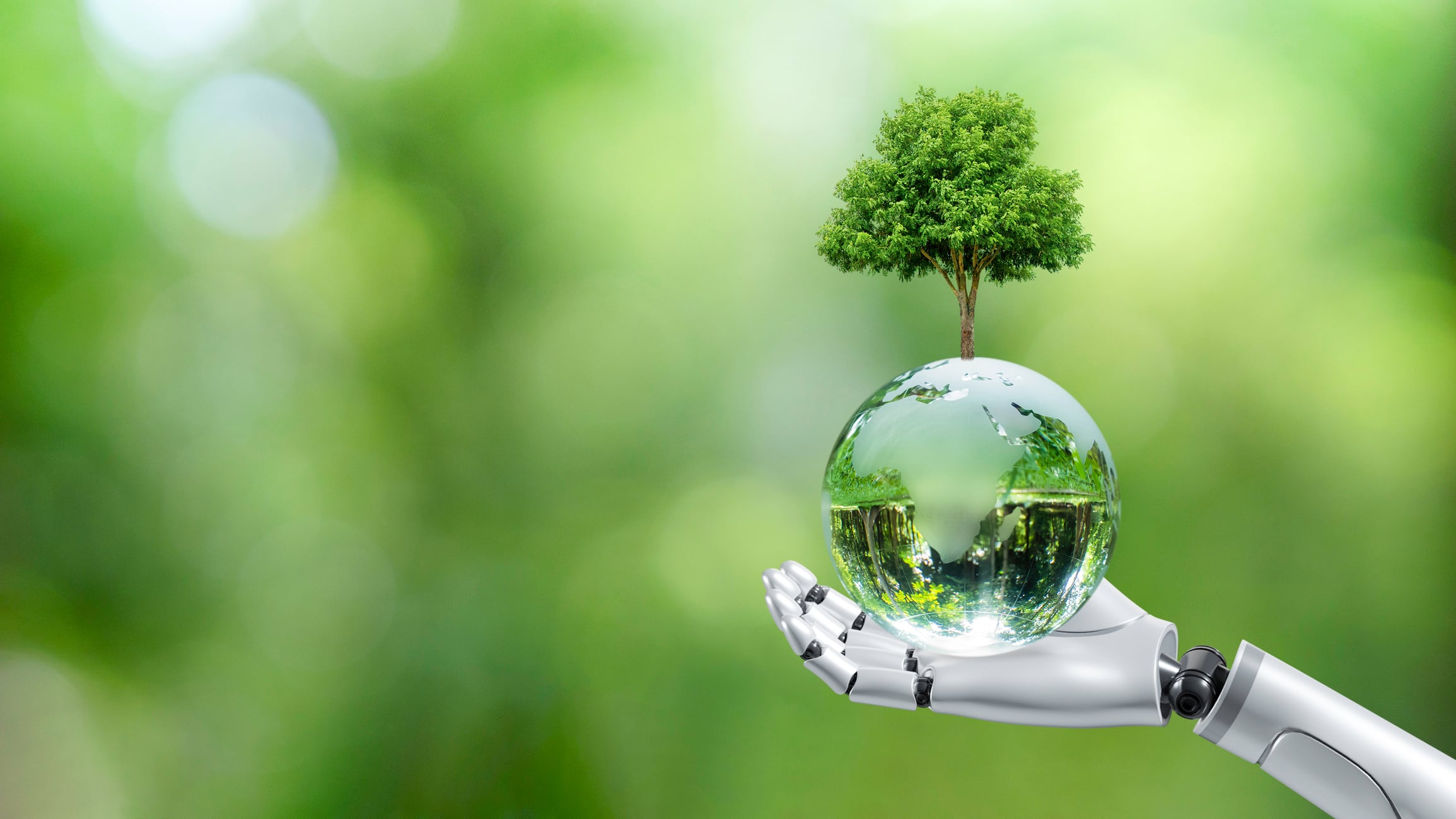
Here’s why green tech is high on the agenda for this year’s Sustainable Cosmetics Summit...
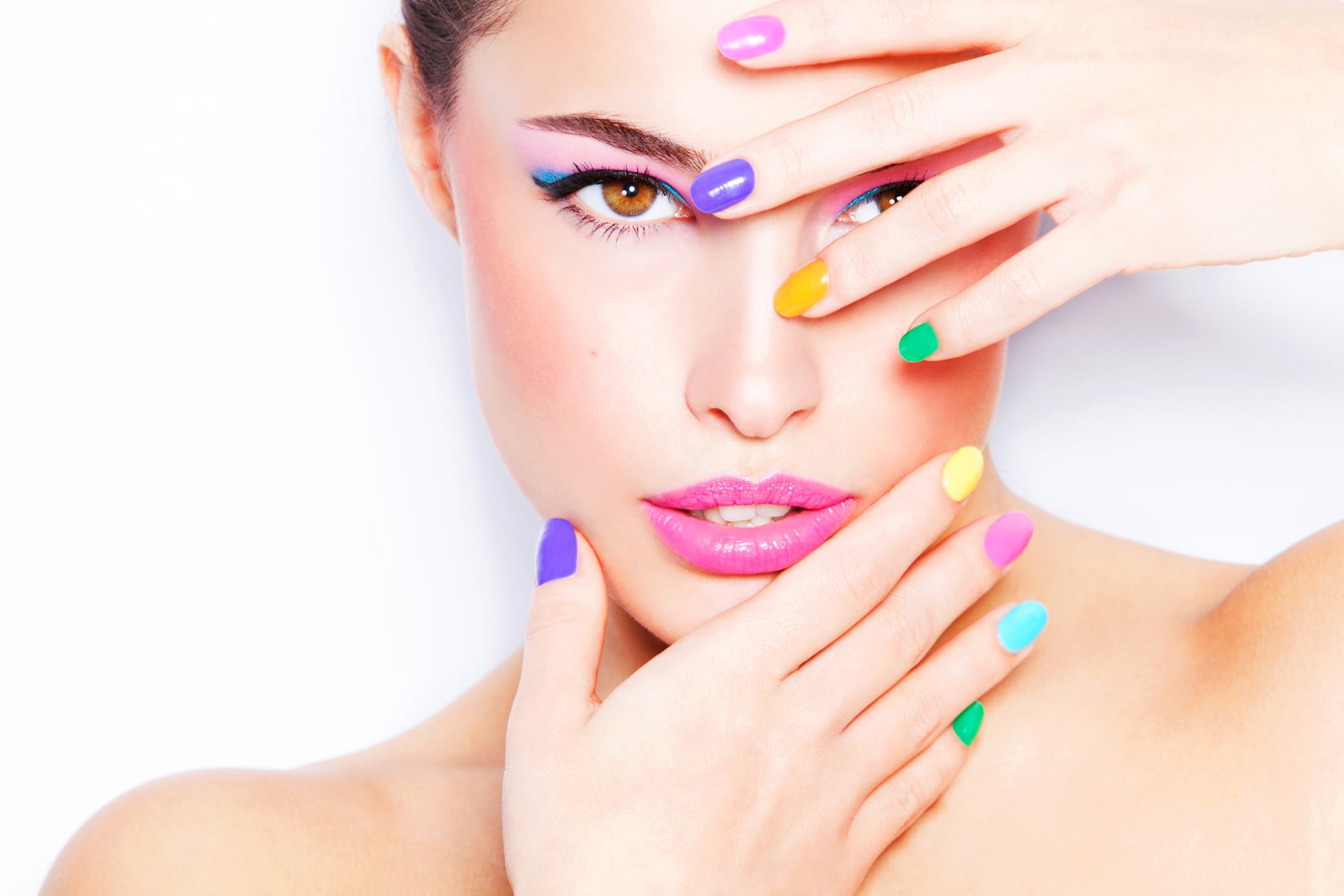
Following the EU’s ban on the substance, Morocco has also prohibited beauty salons from using nail polish formulated with Trimethylbenzoyl Diphenylphosphine Oxide.

The ban builds on the state’s Toxic-Free Cosmetics Act of 2023.

Legal experts caution that regulatory scrutiny is shifting from food to personal care, resulting in a heightened focus on ingredients, packaging materials, and lifecycle compliance.

This monthly snapshot of the latest CosmeticsDesign coverage from around the world includes regional retail launches, trend research and analysis, and regulatory insights.